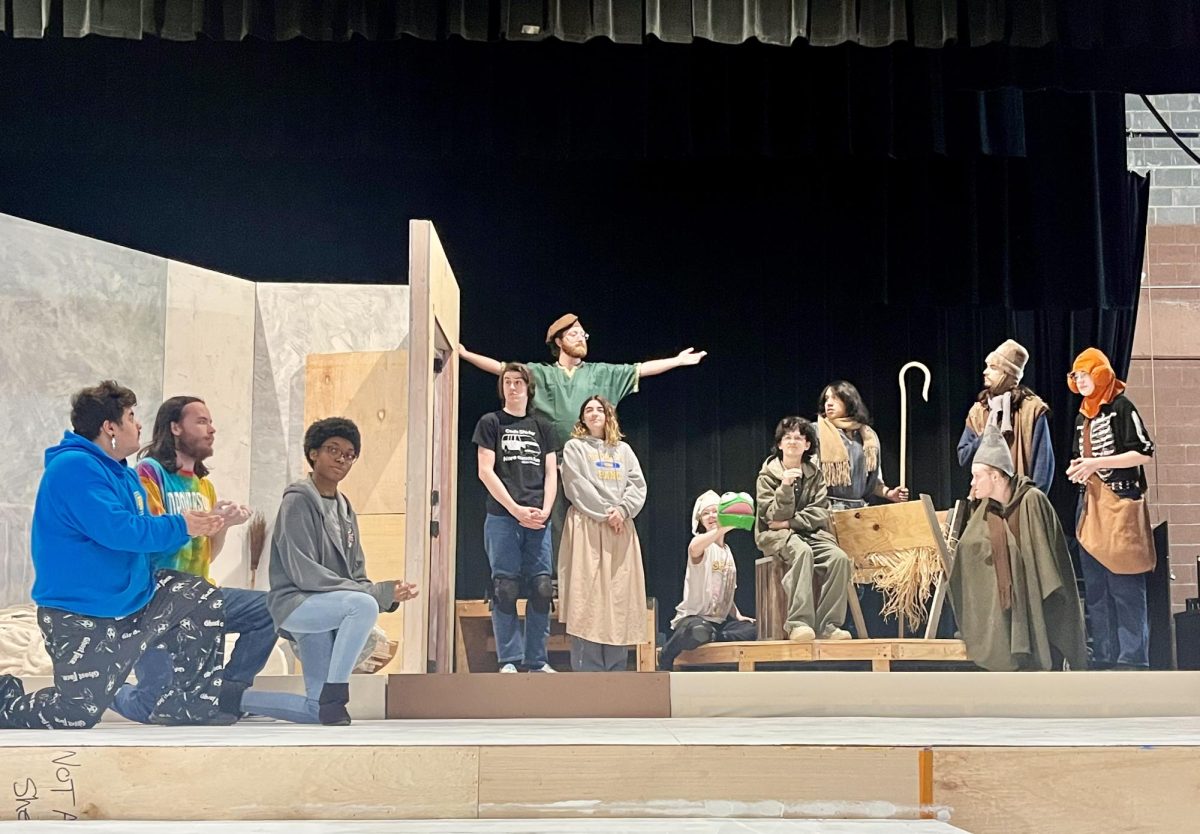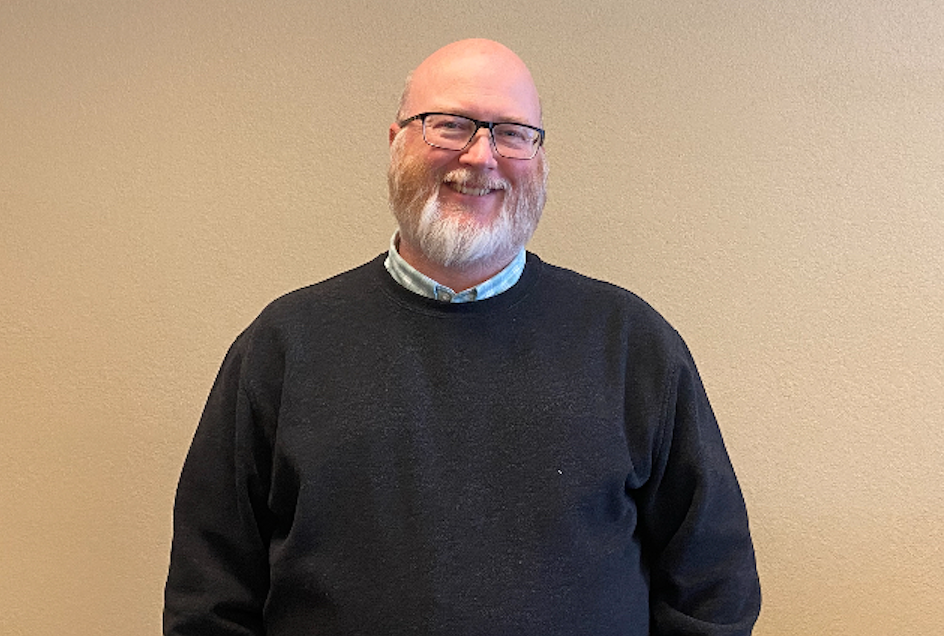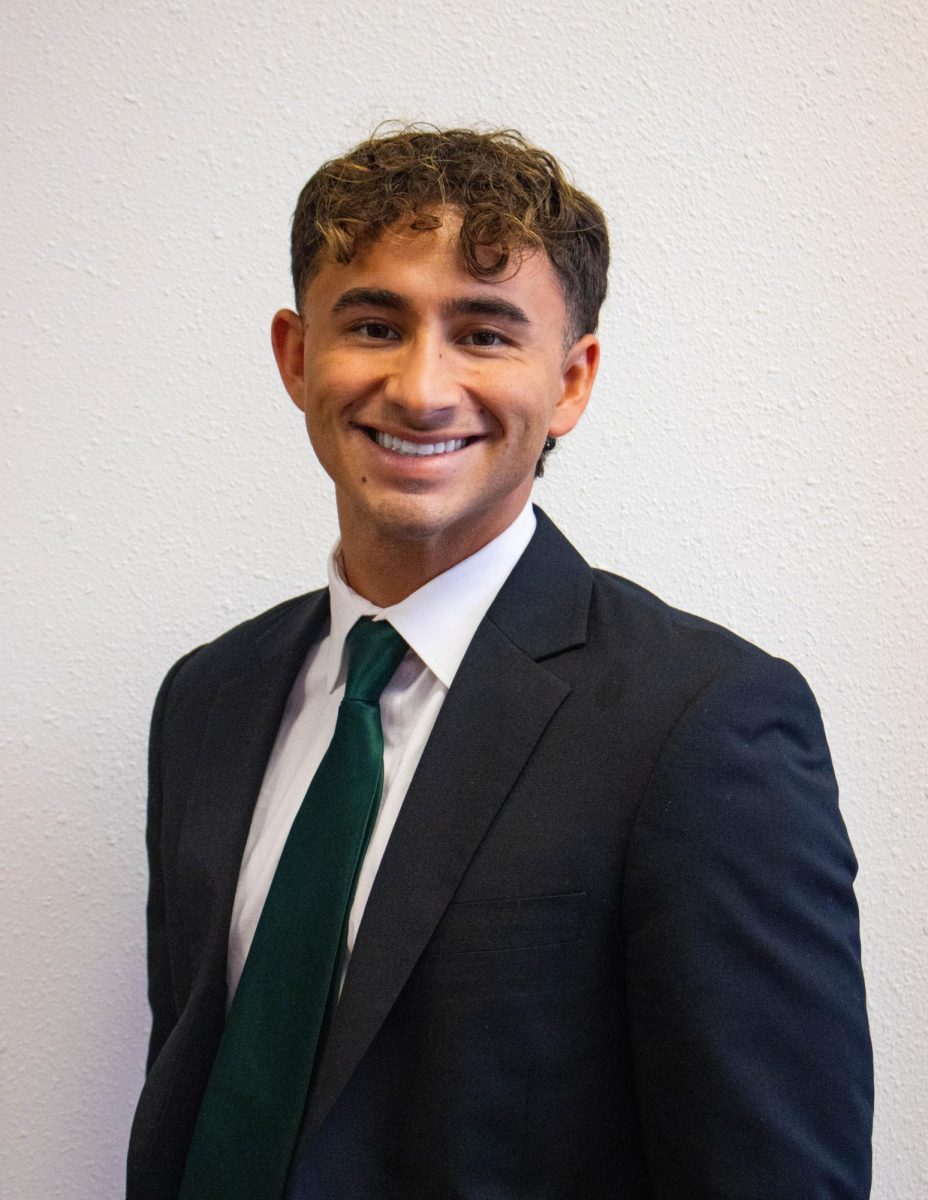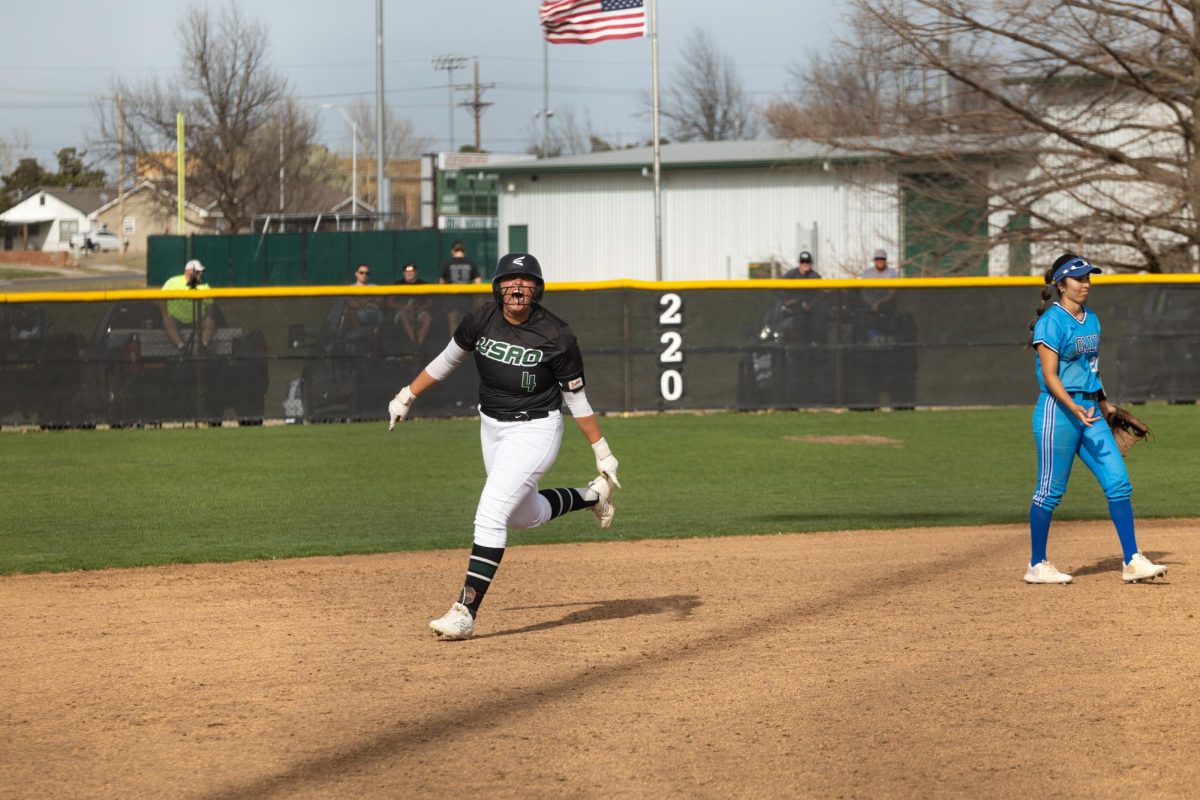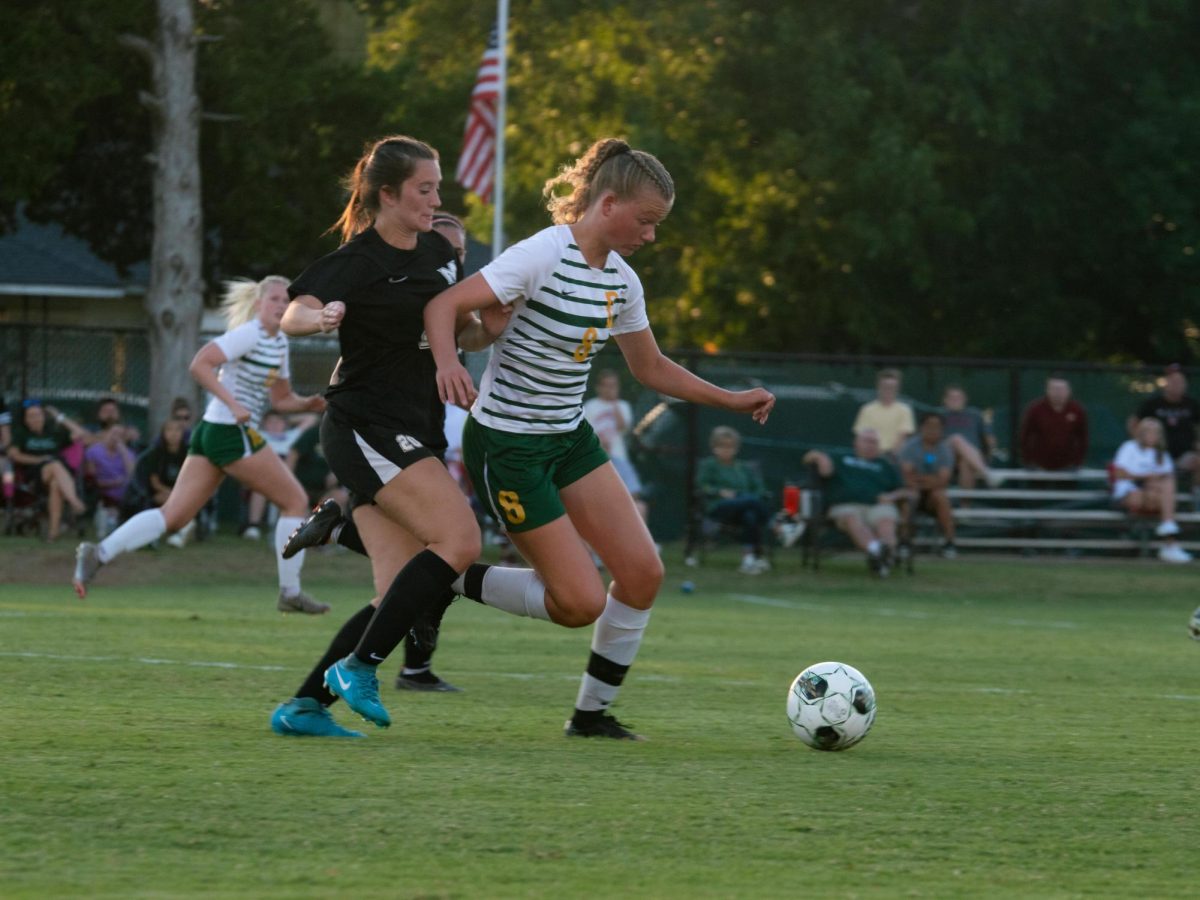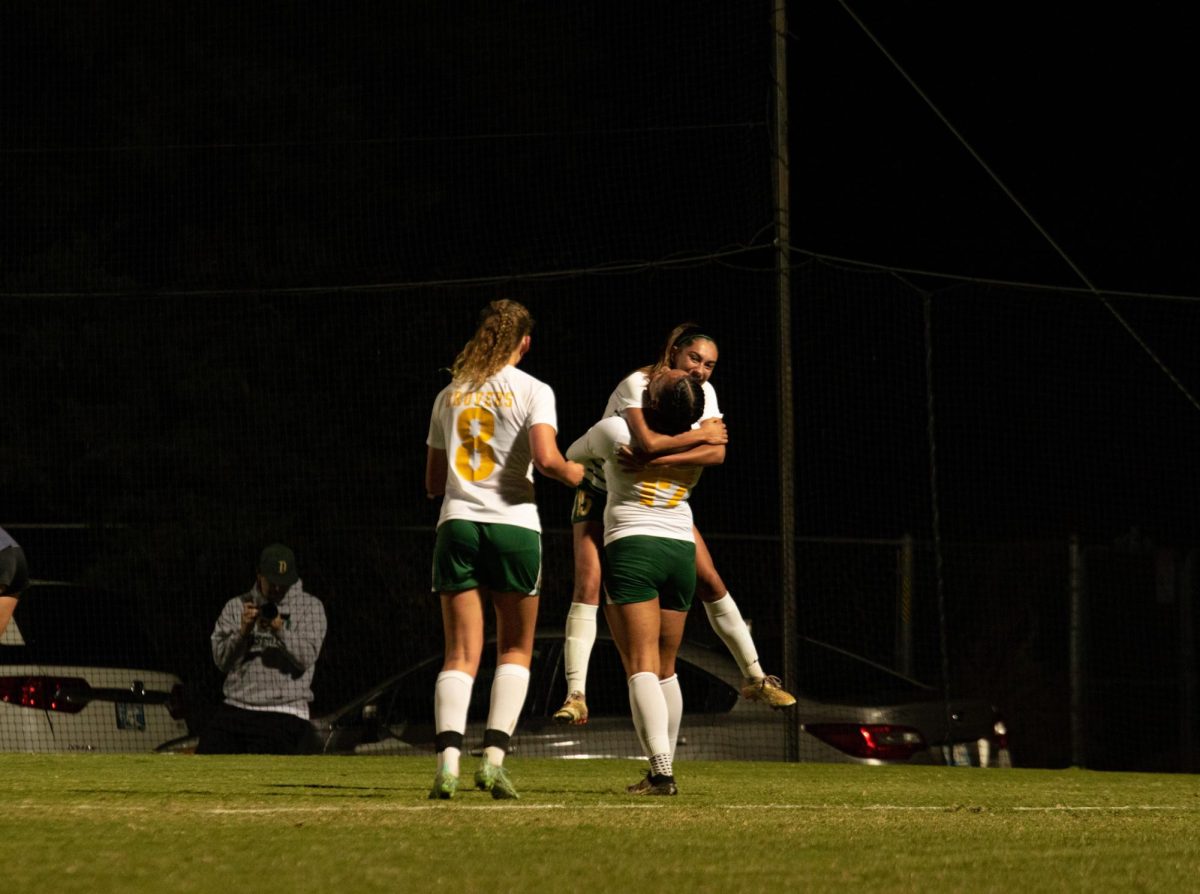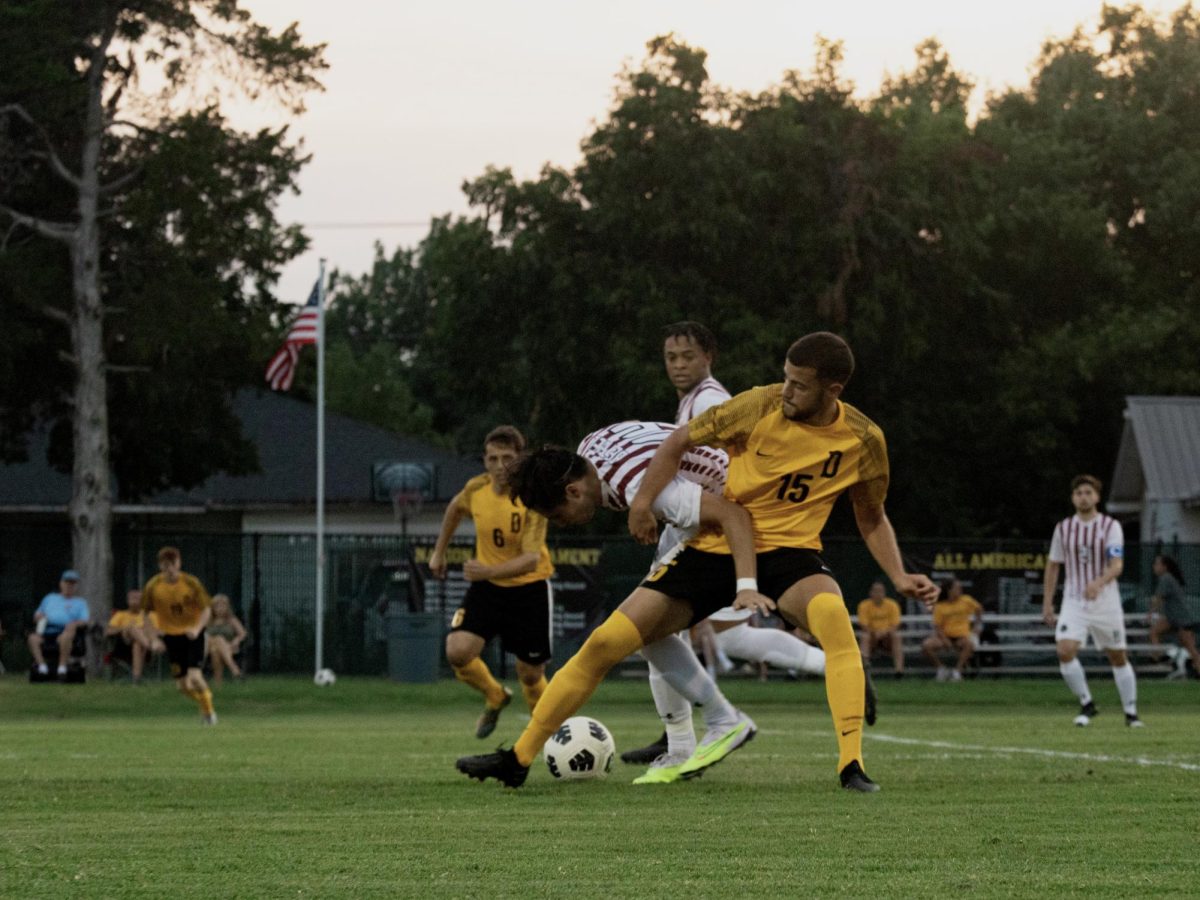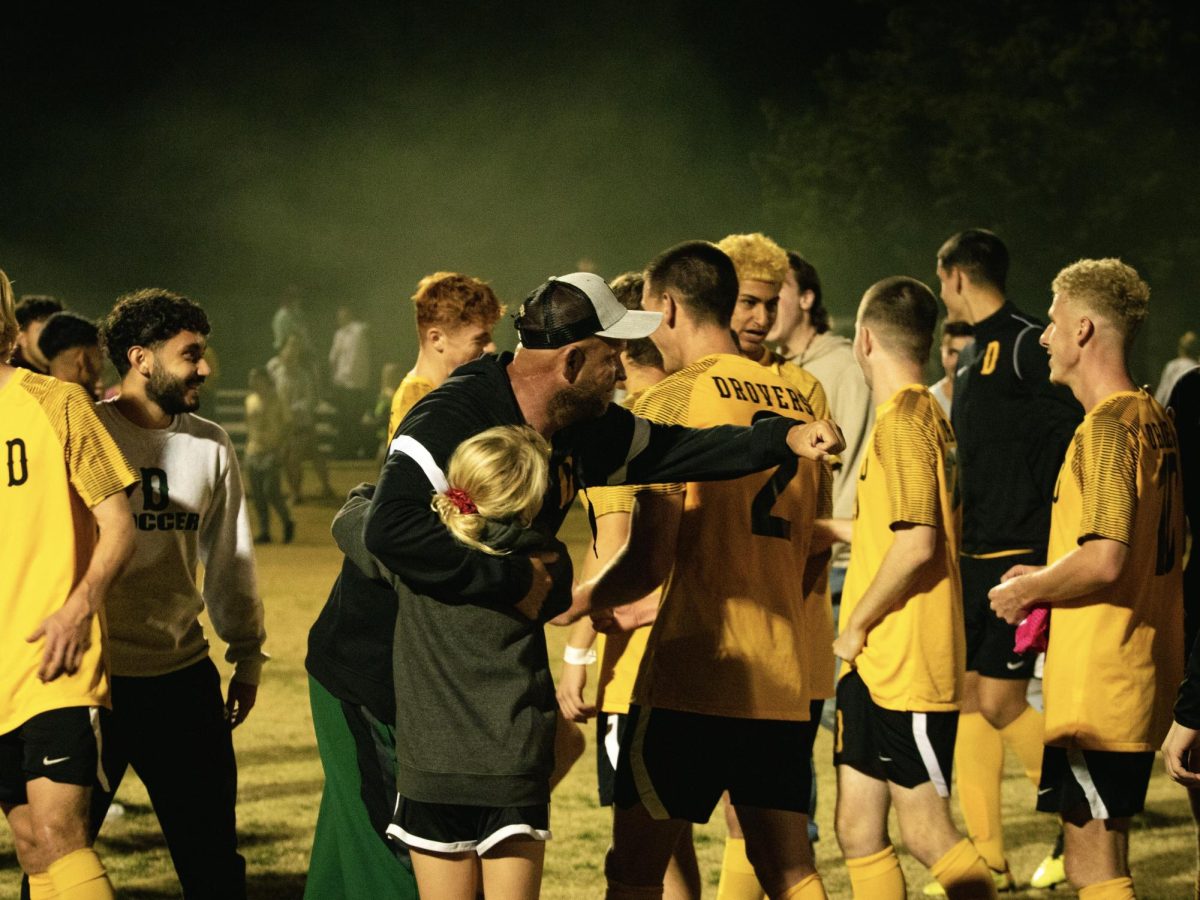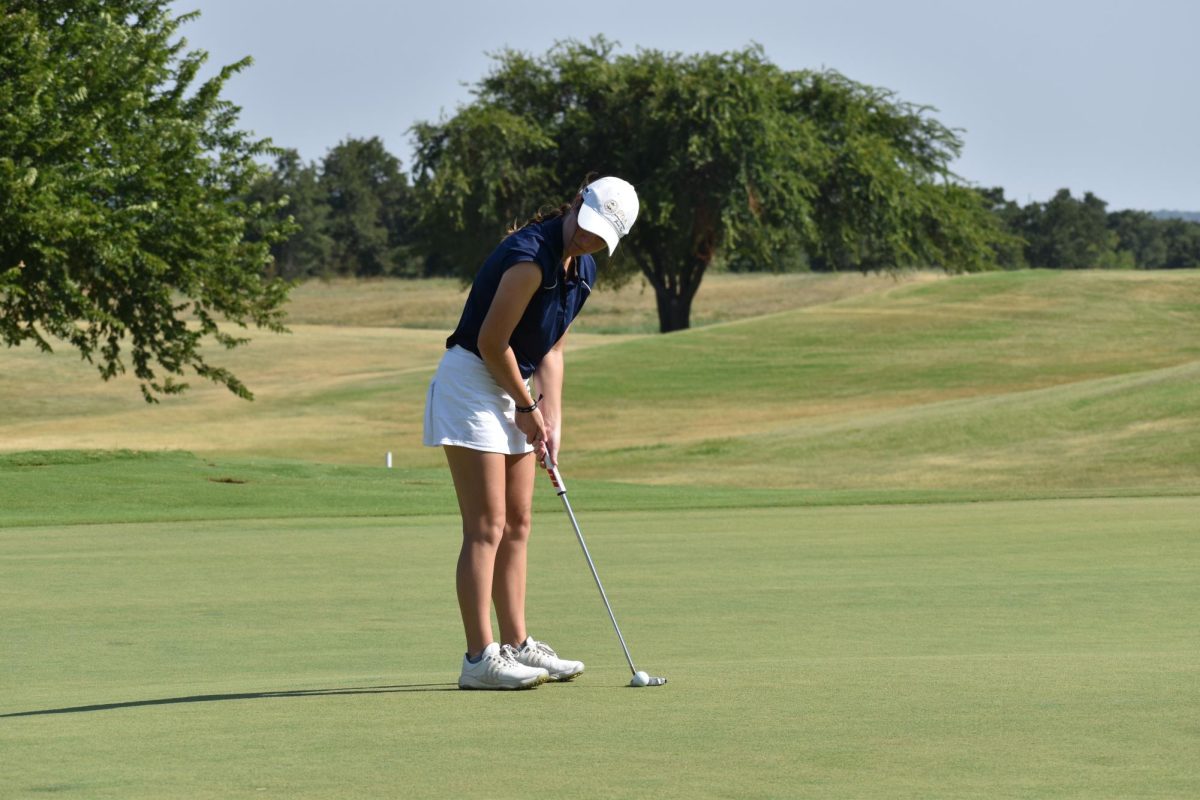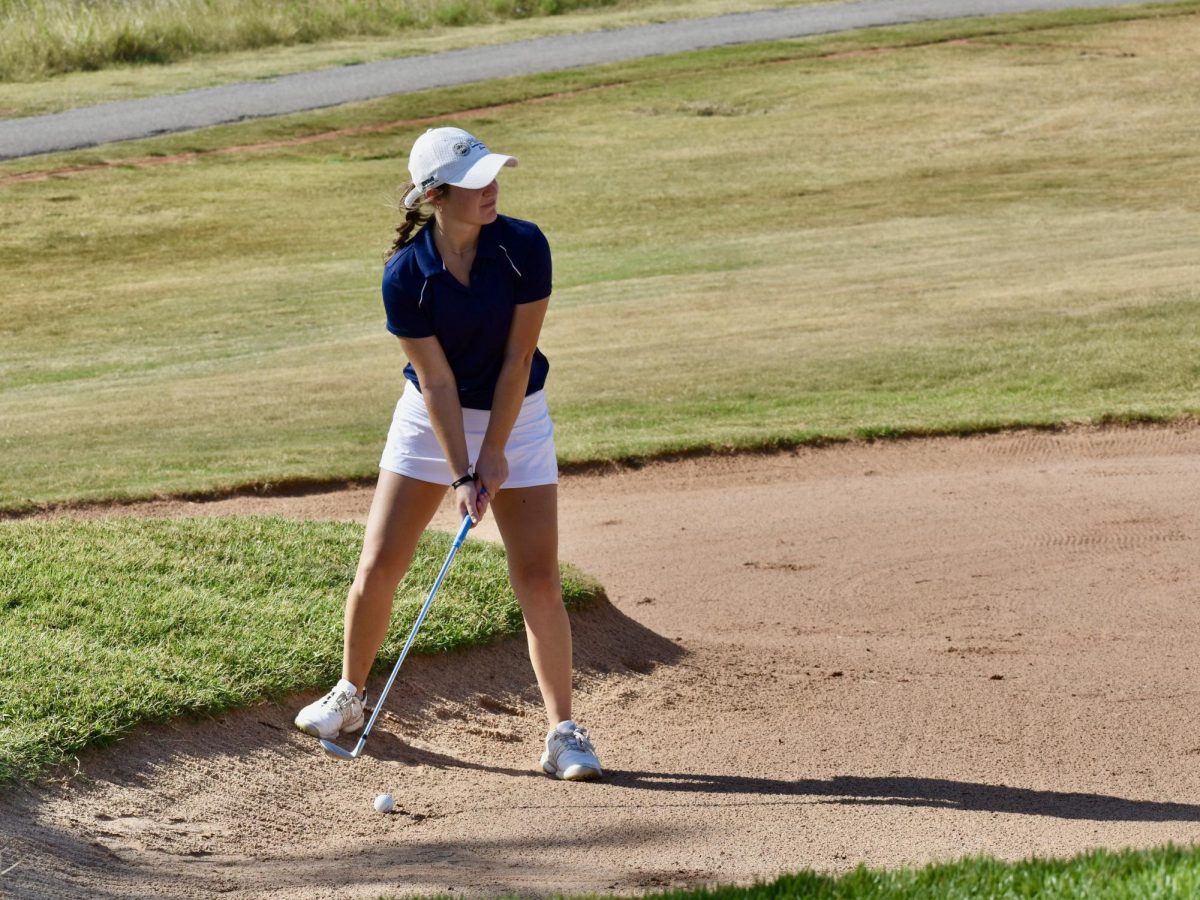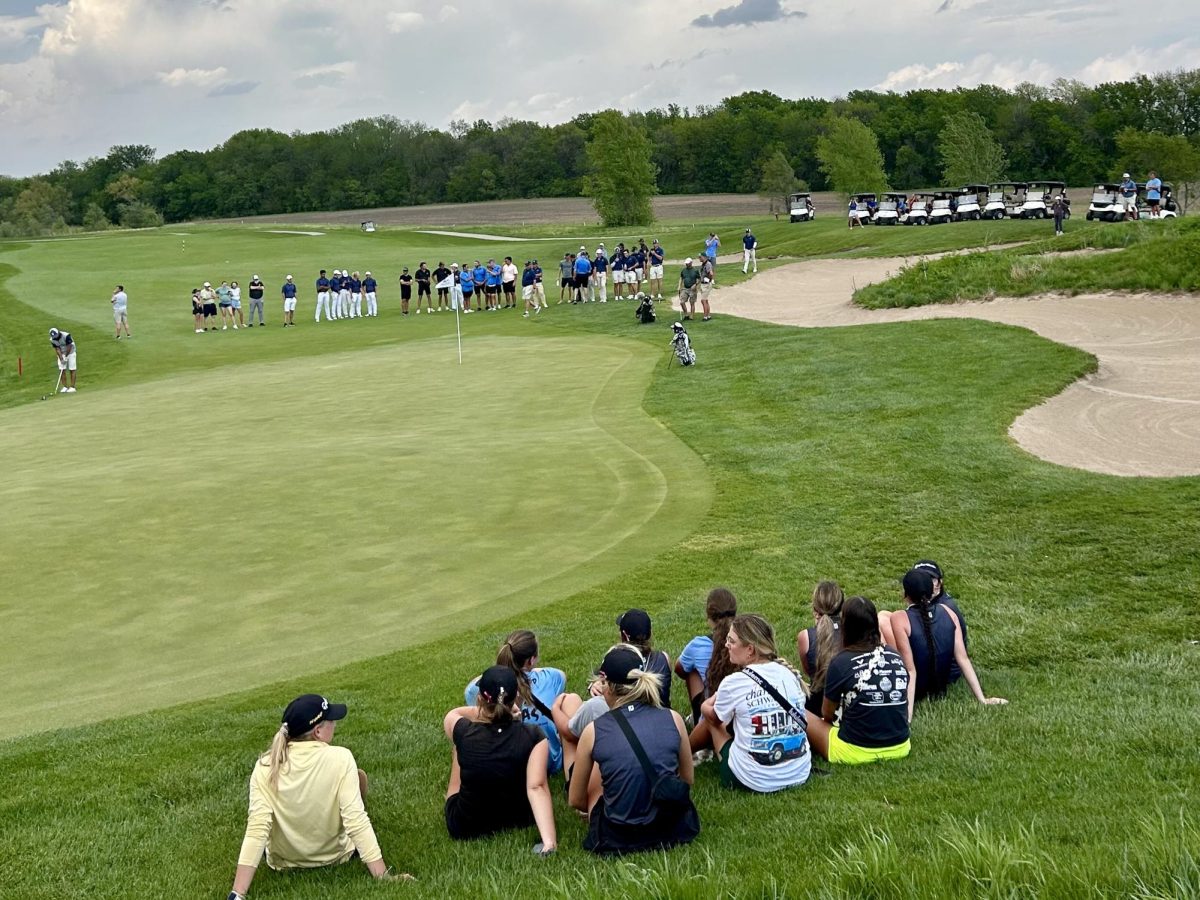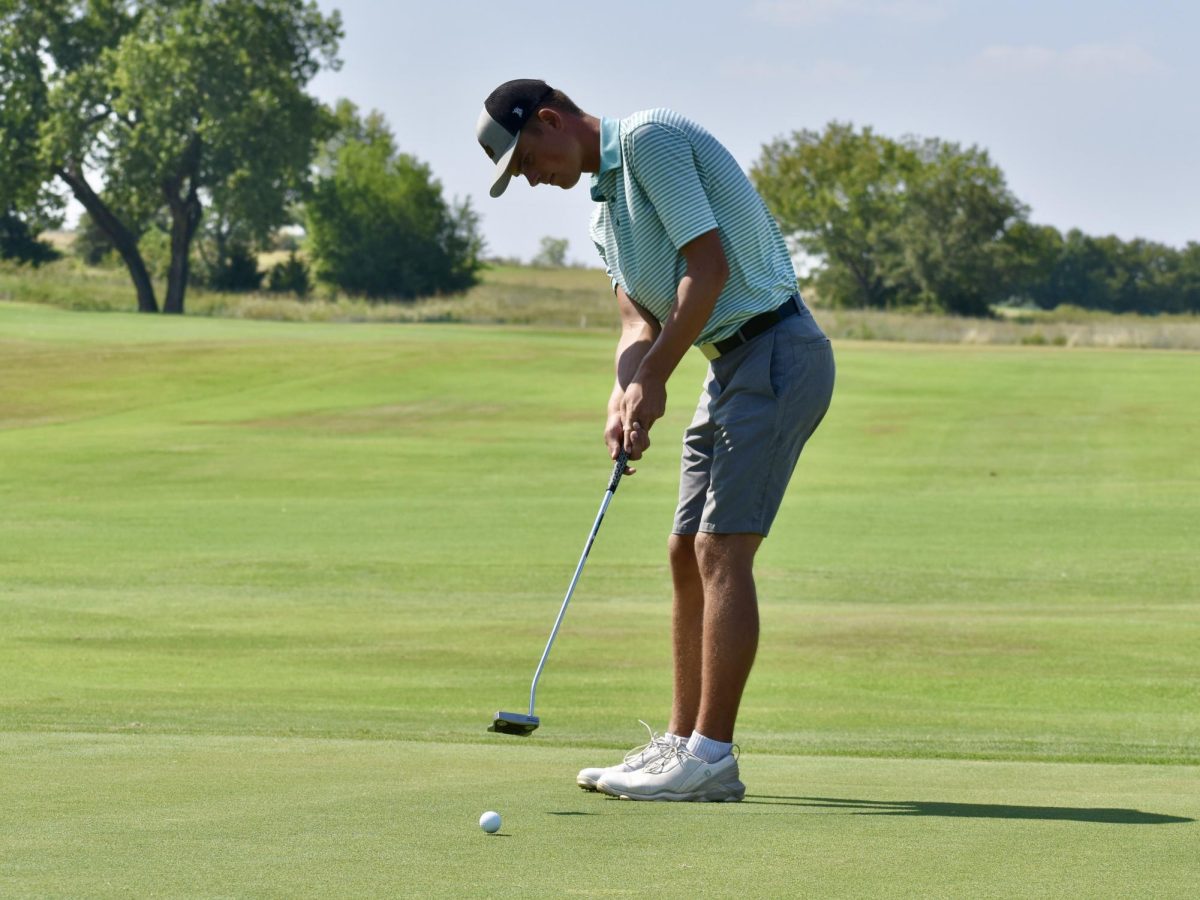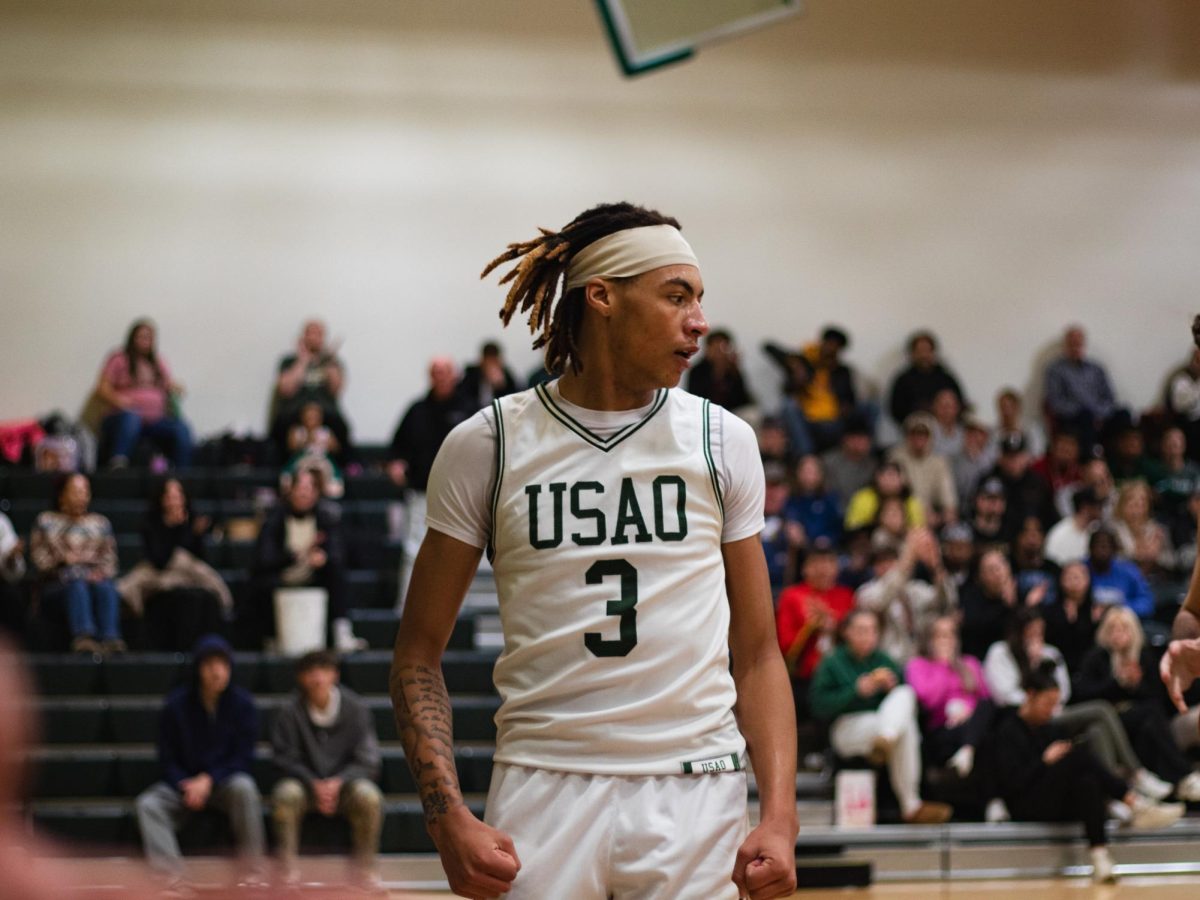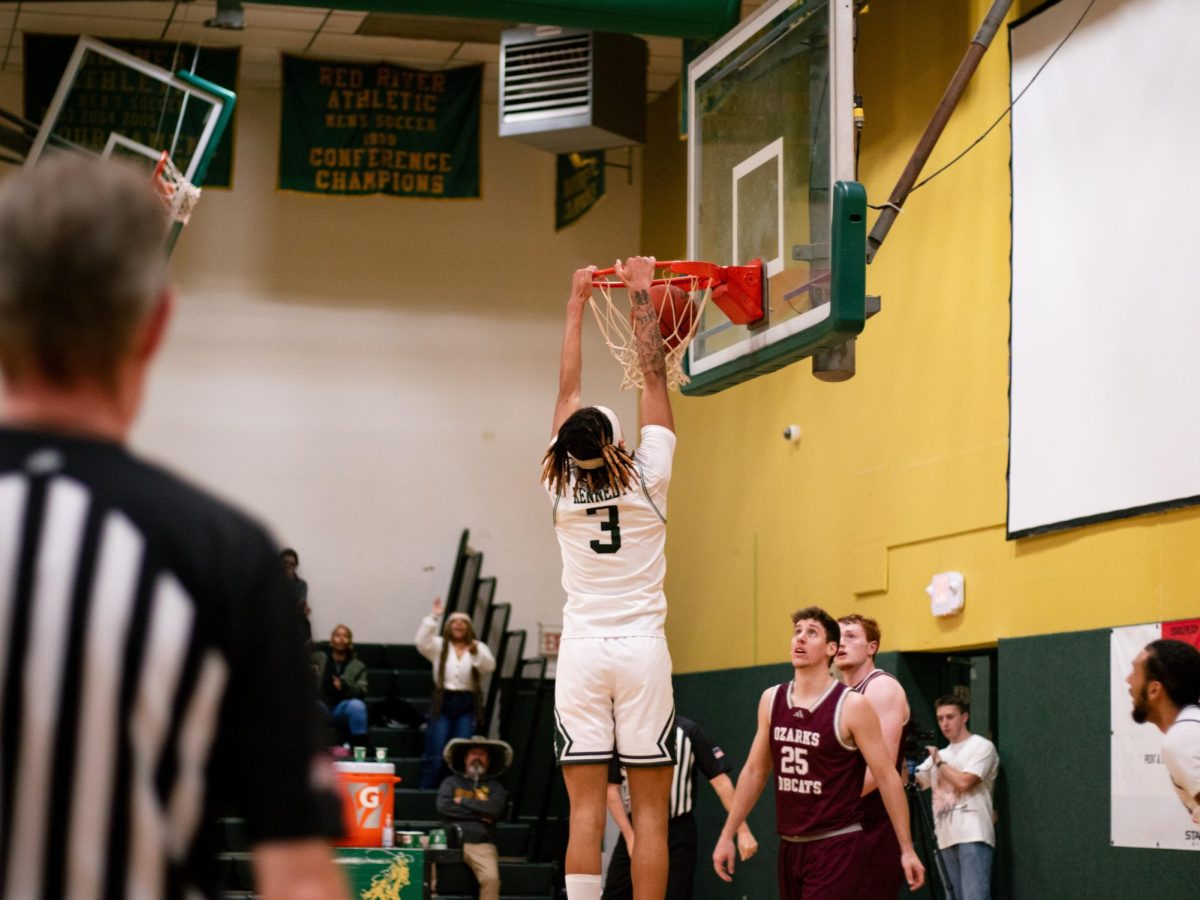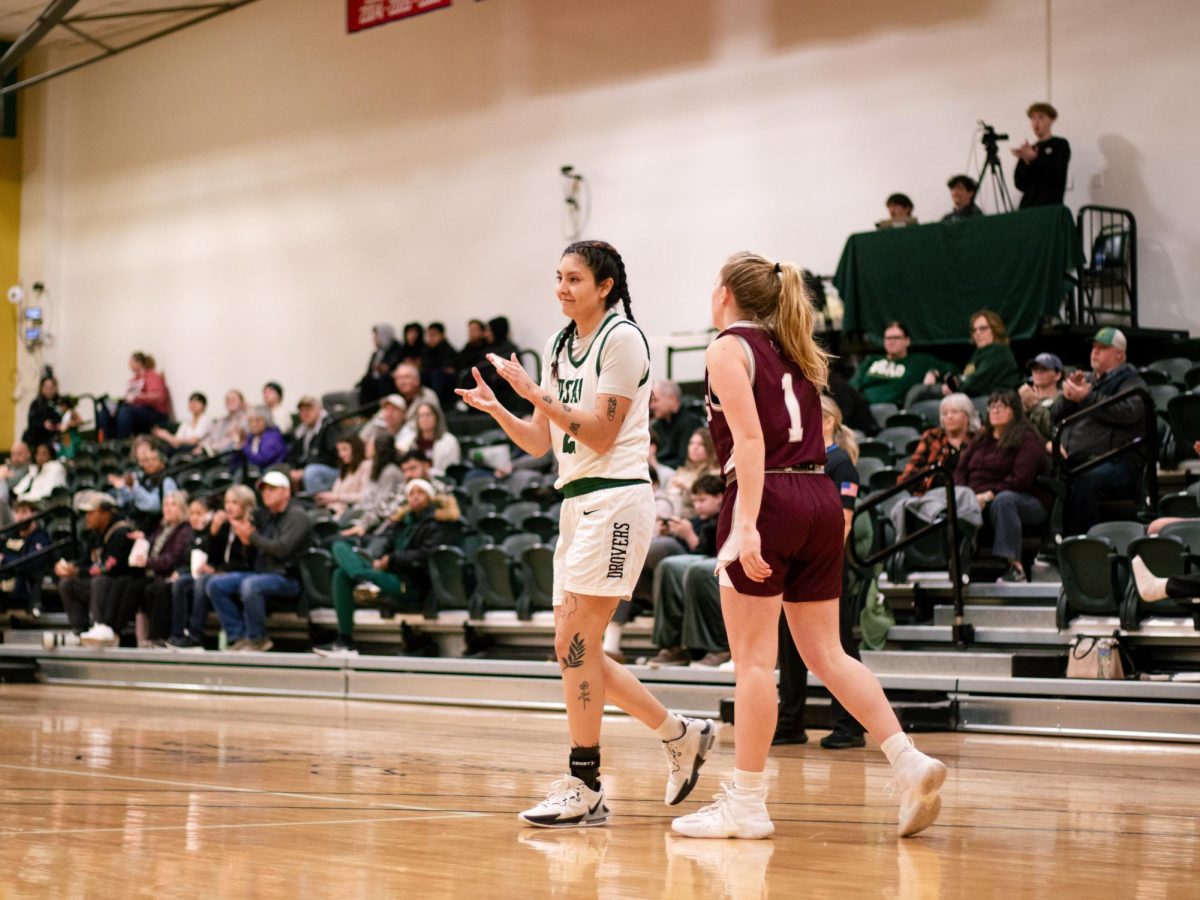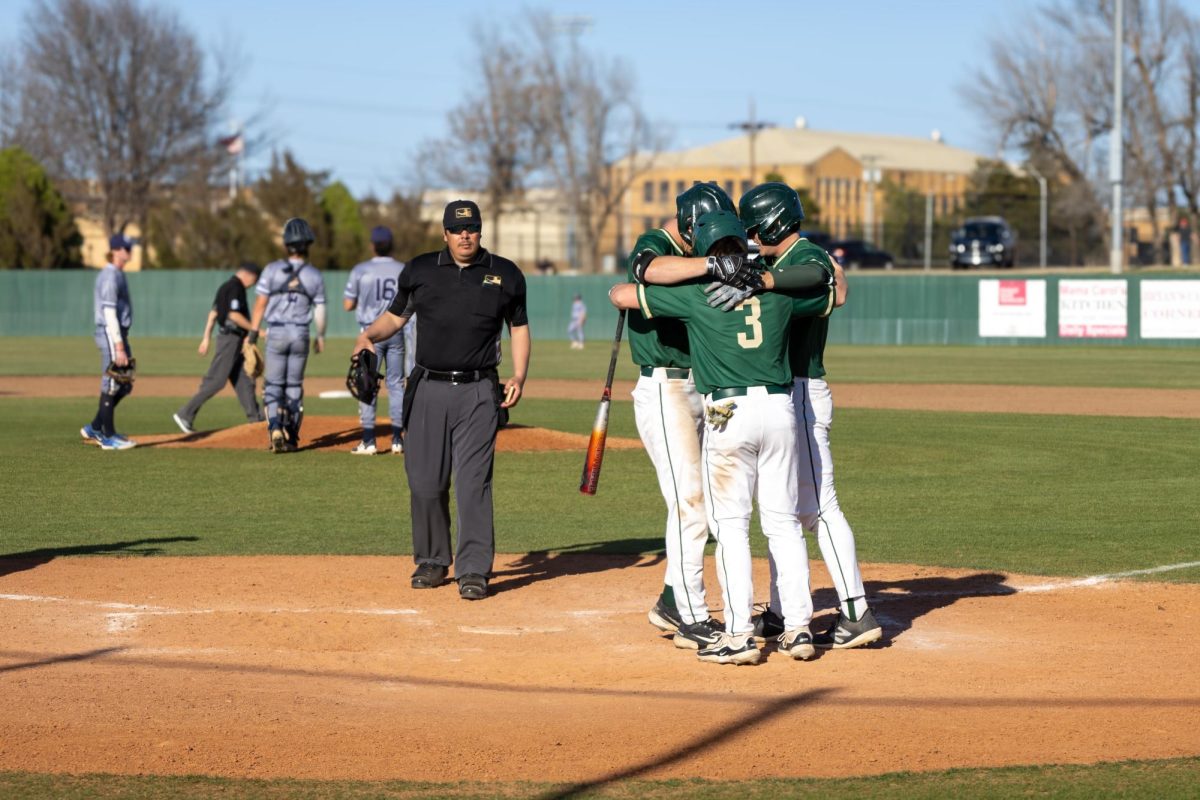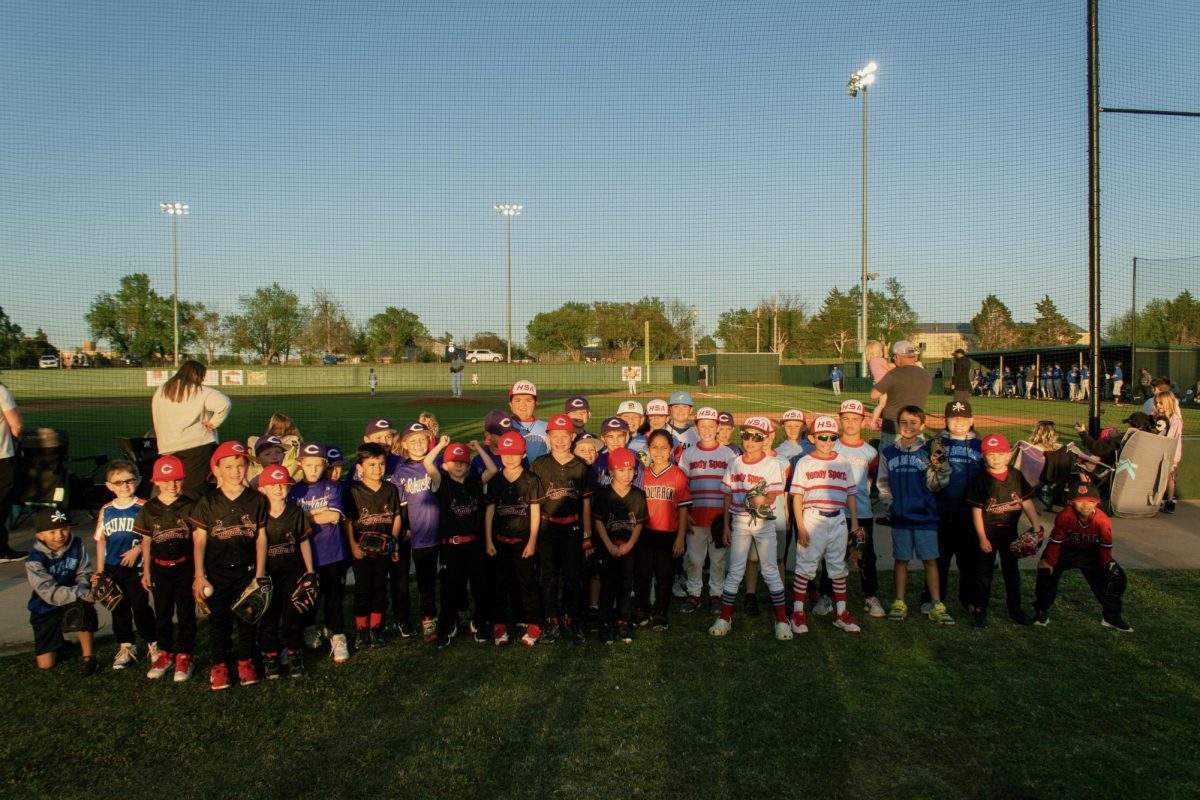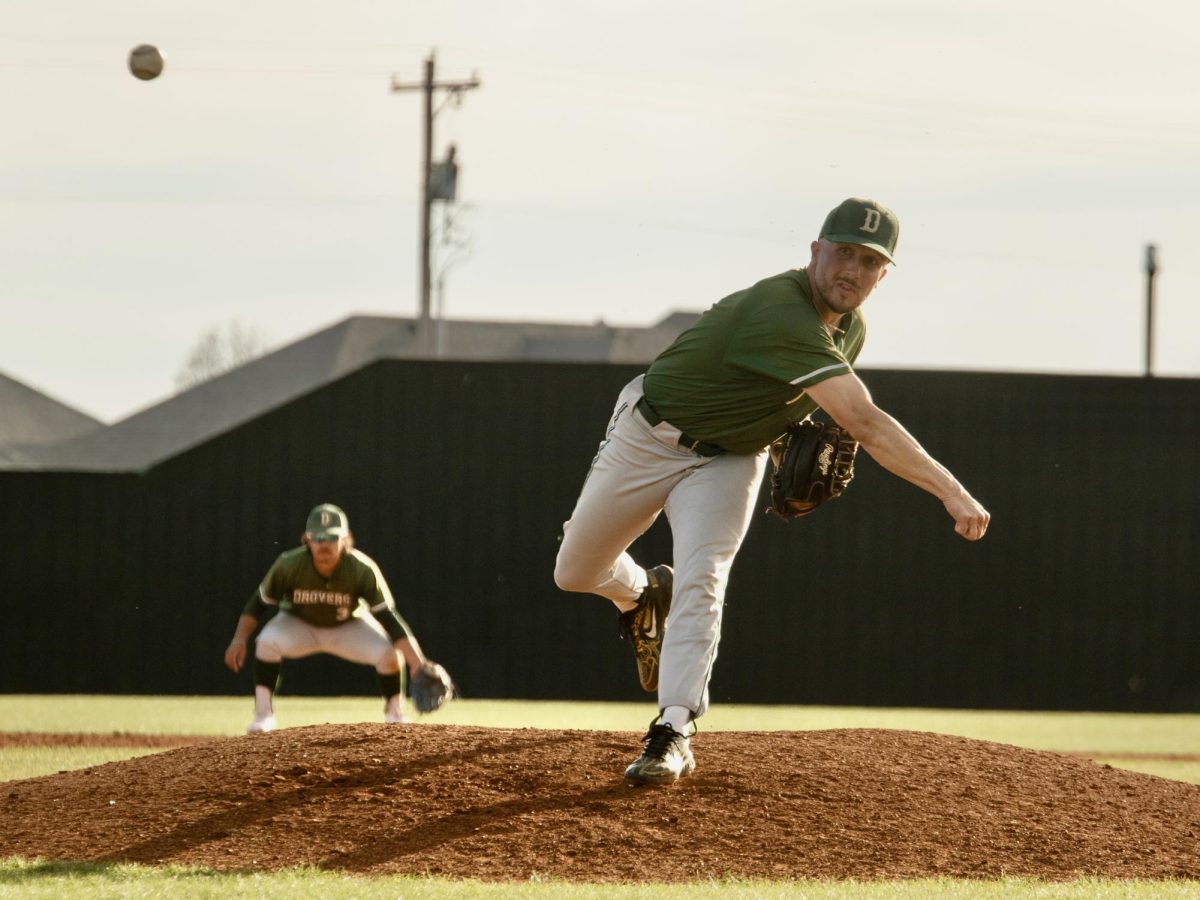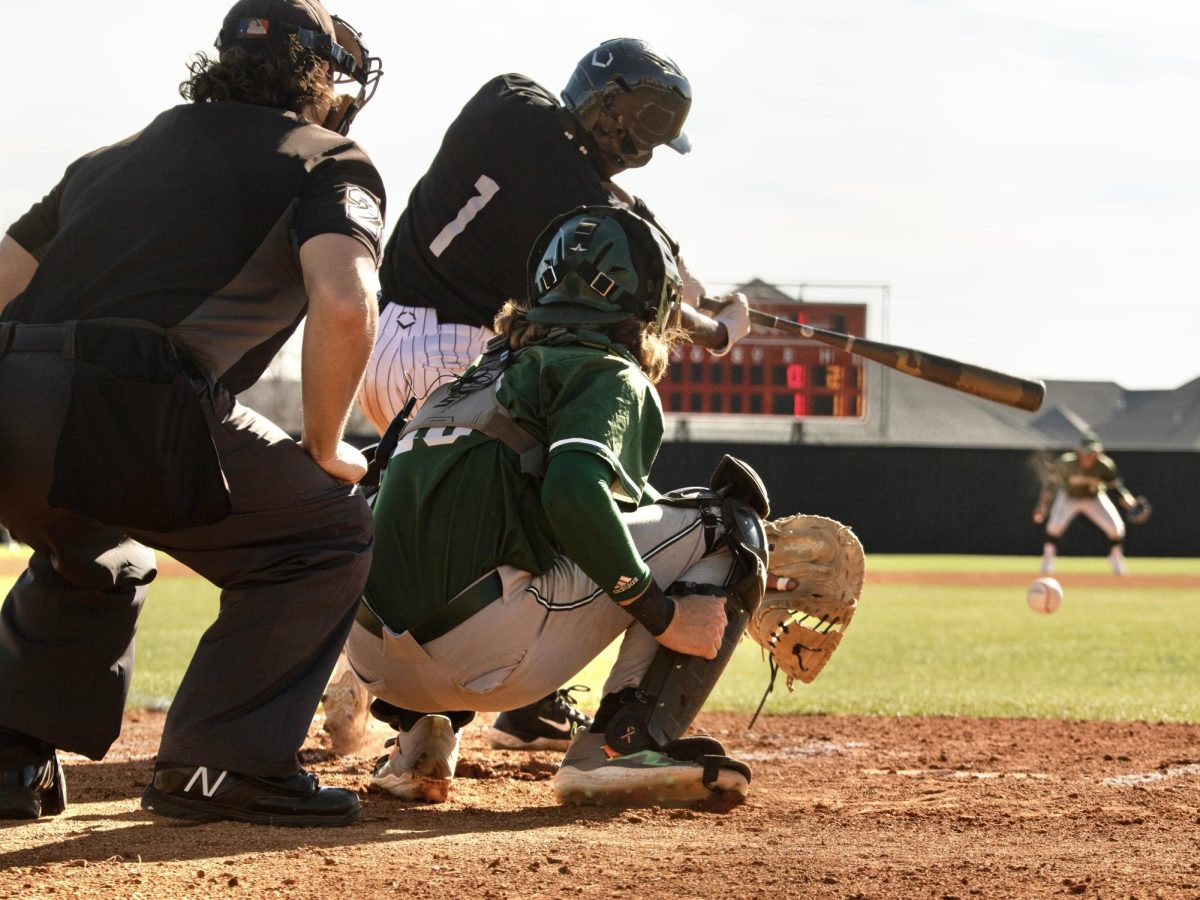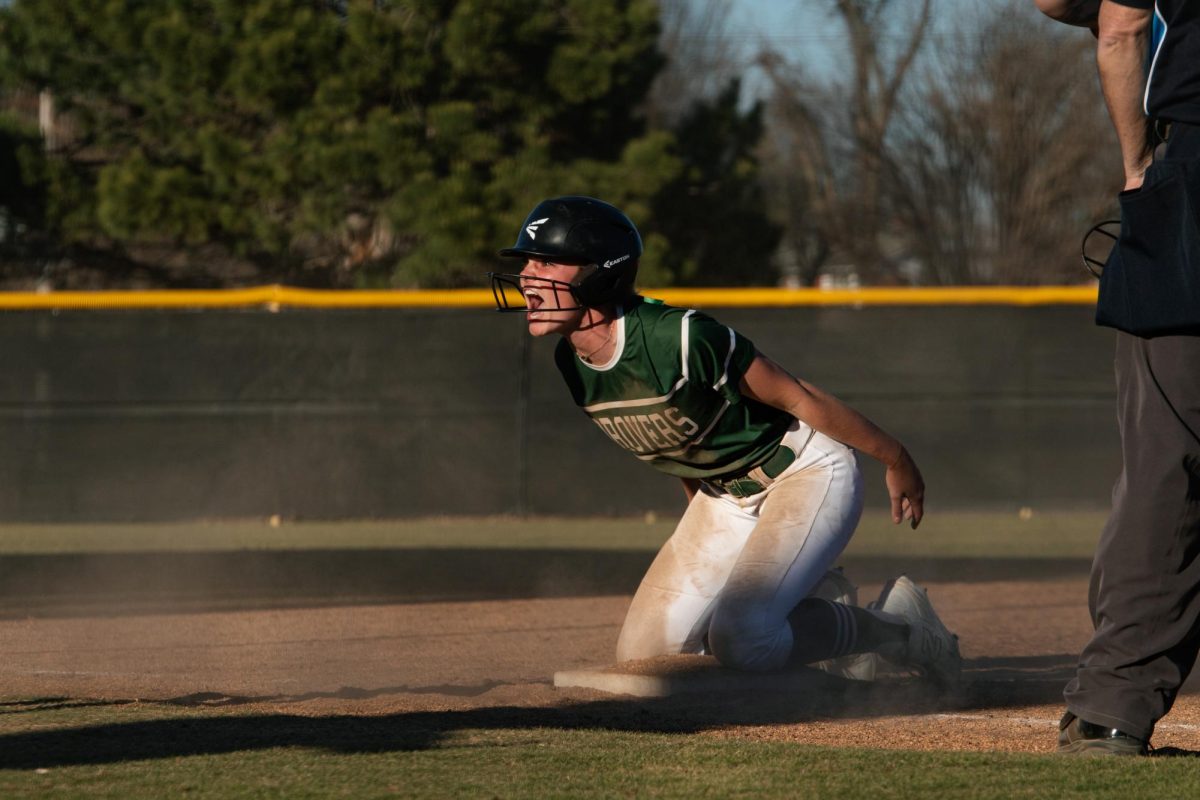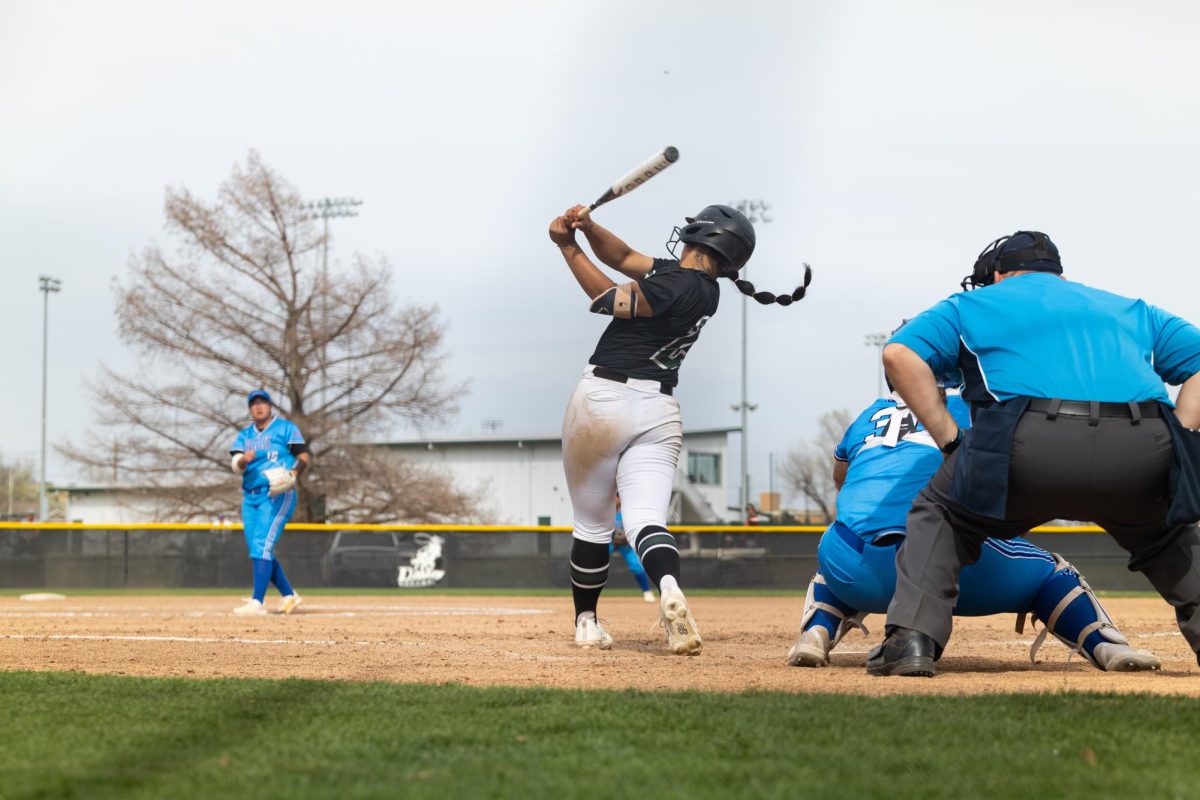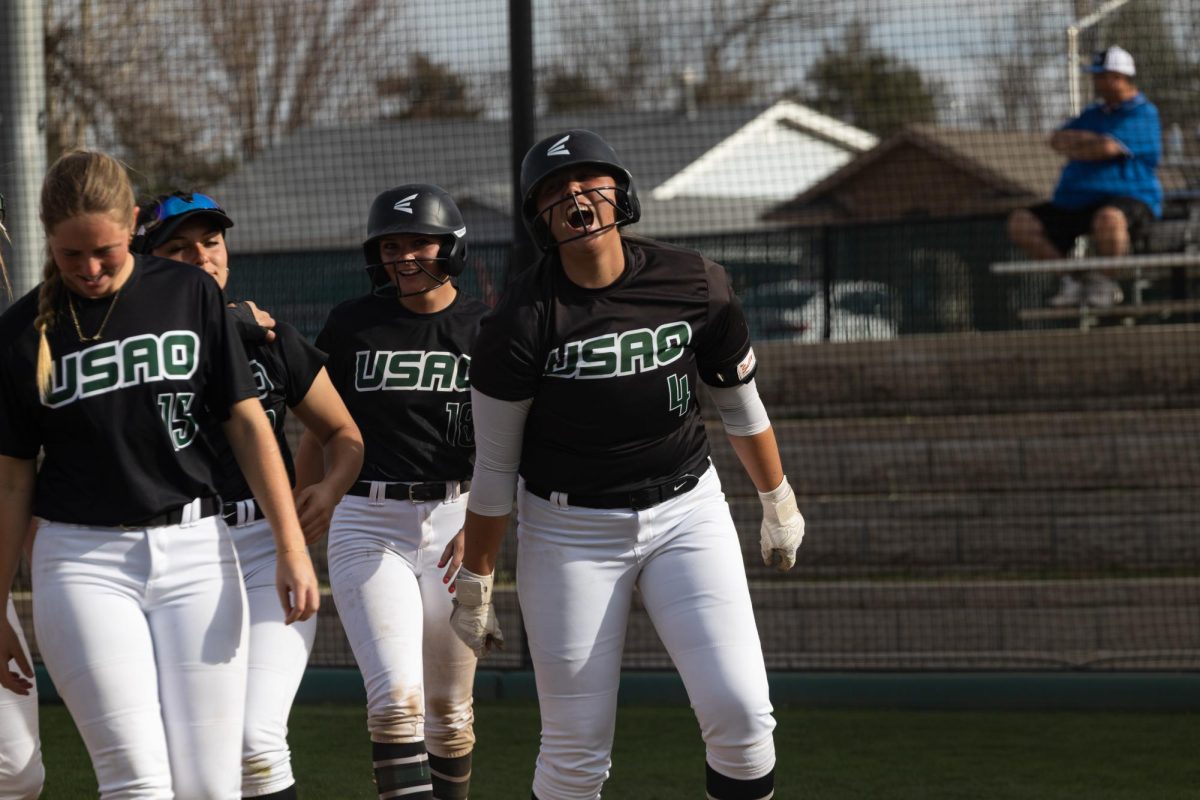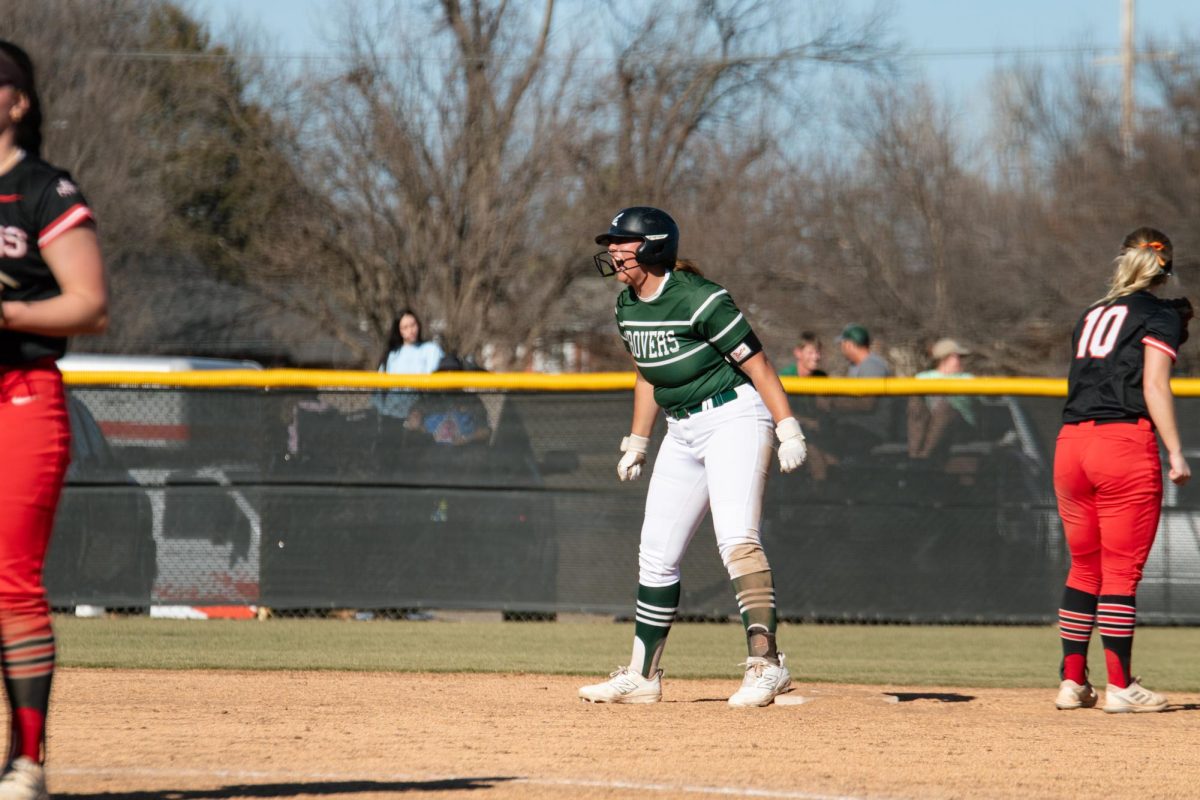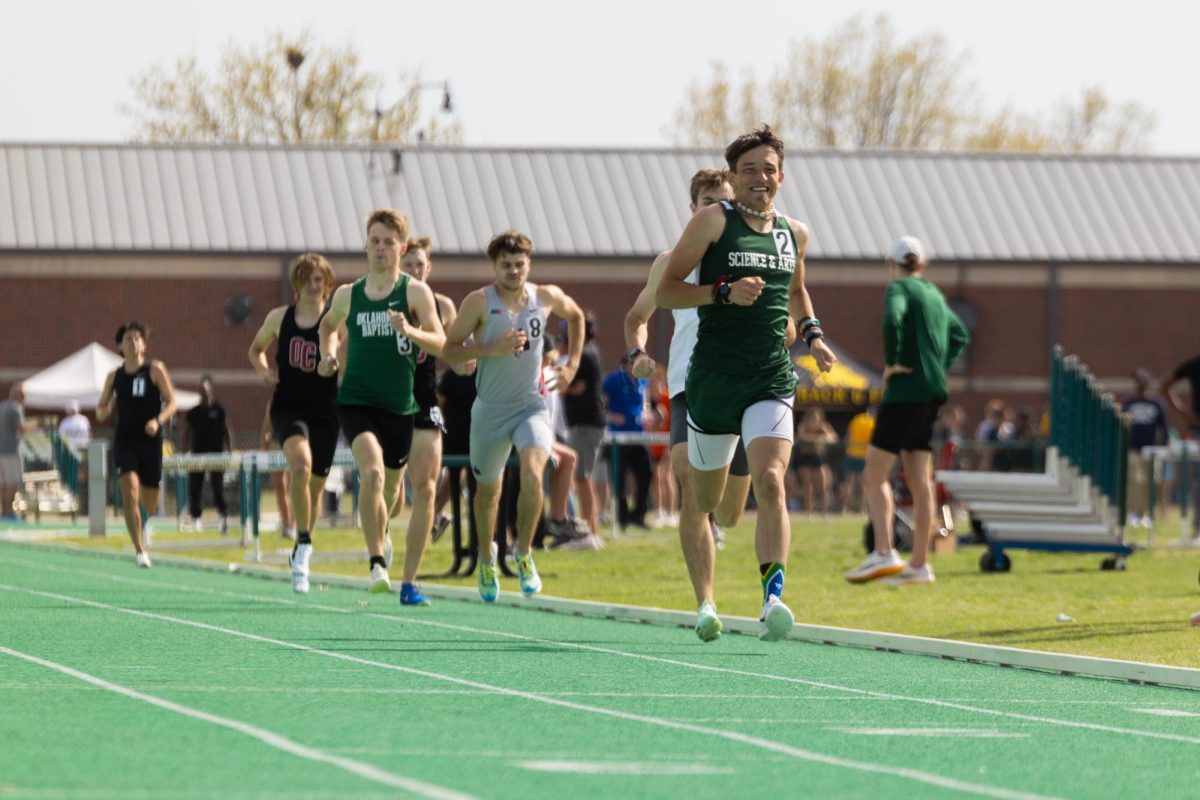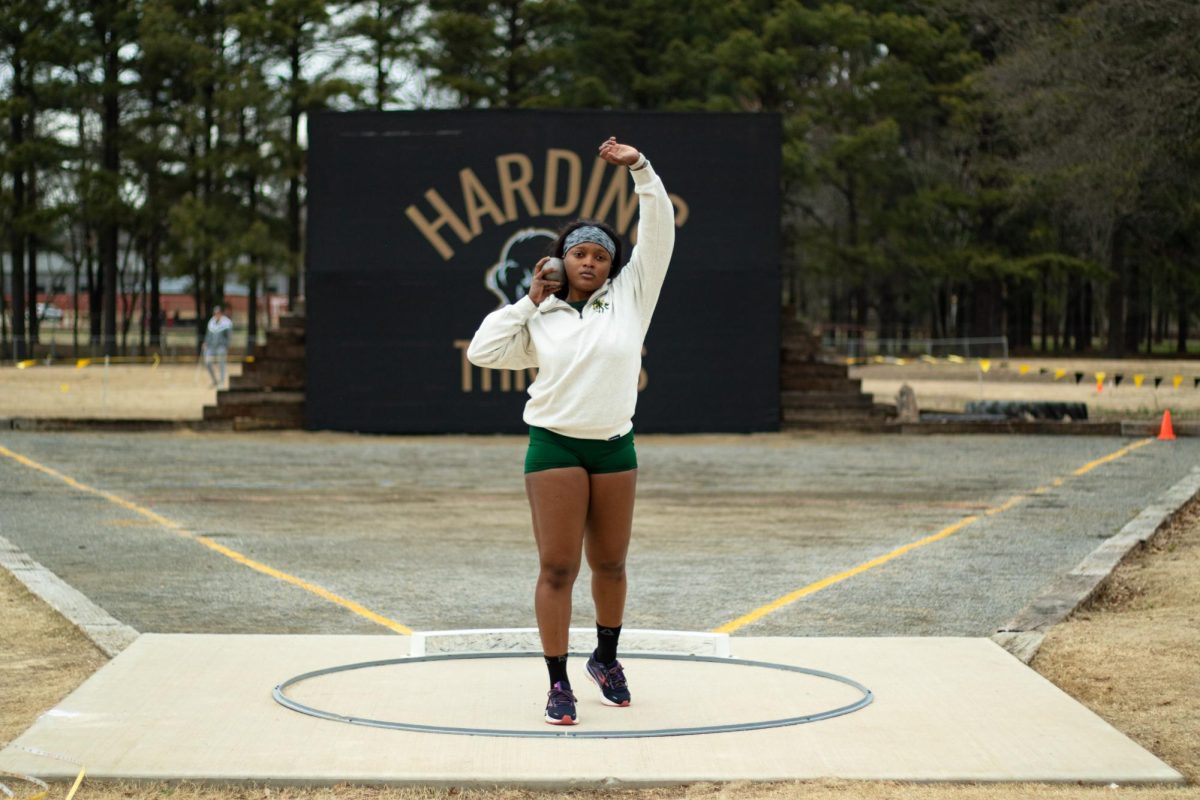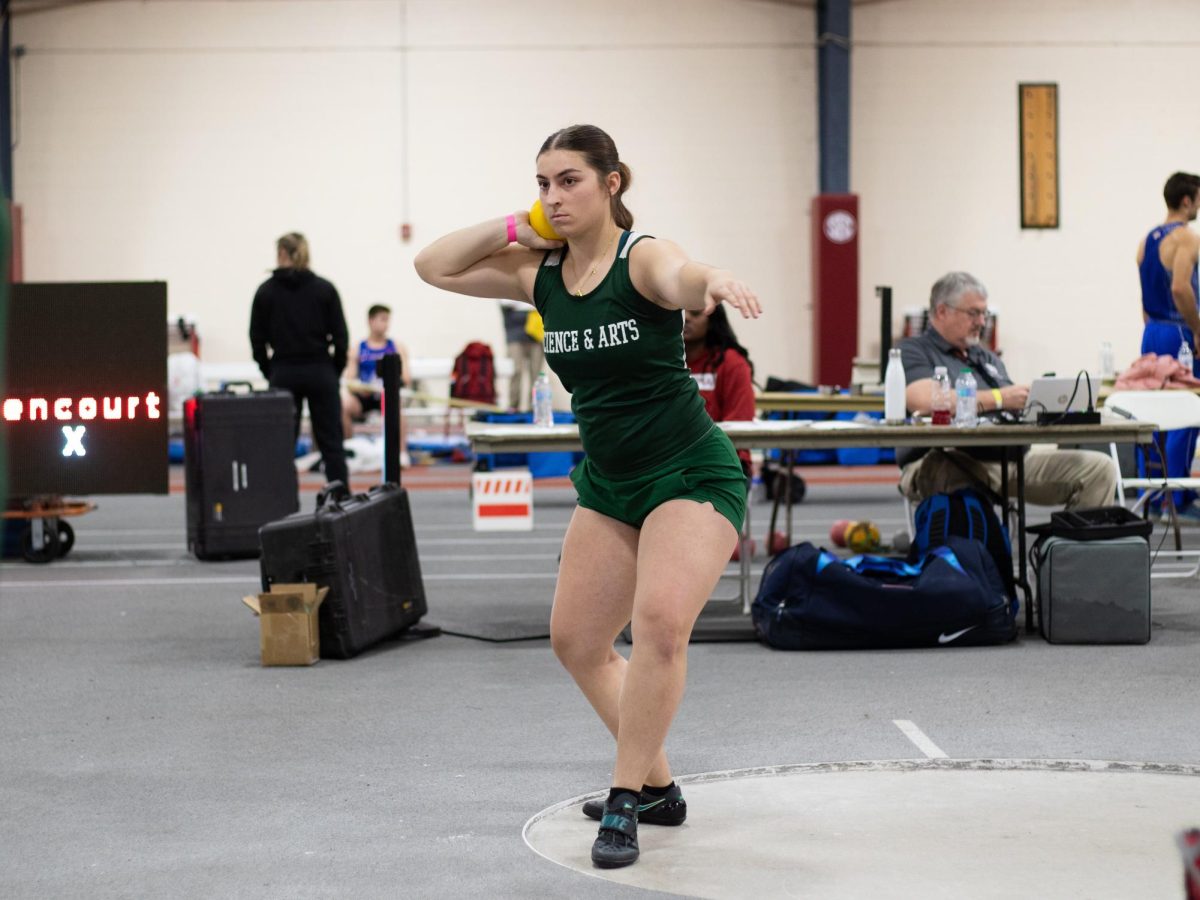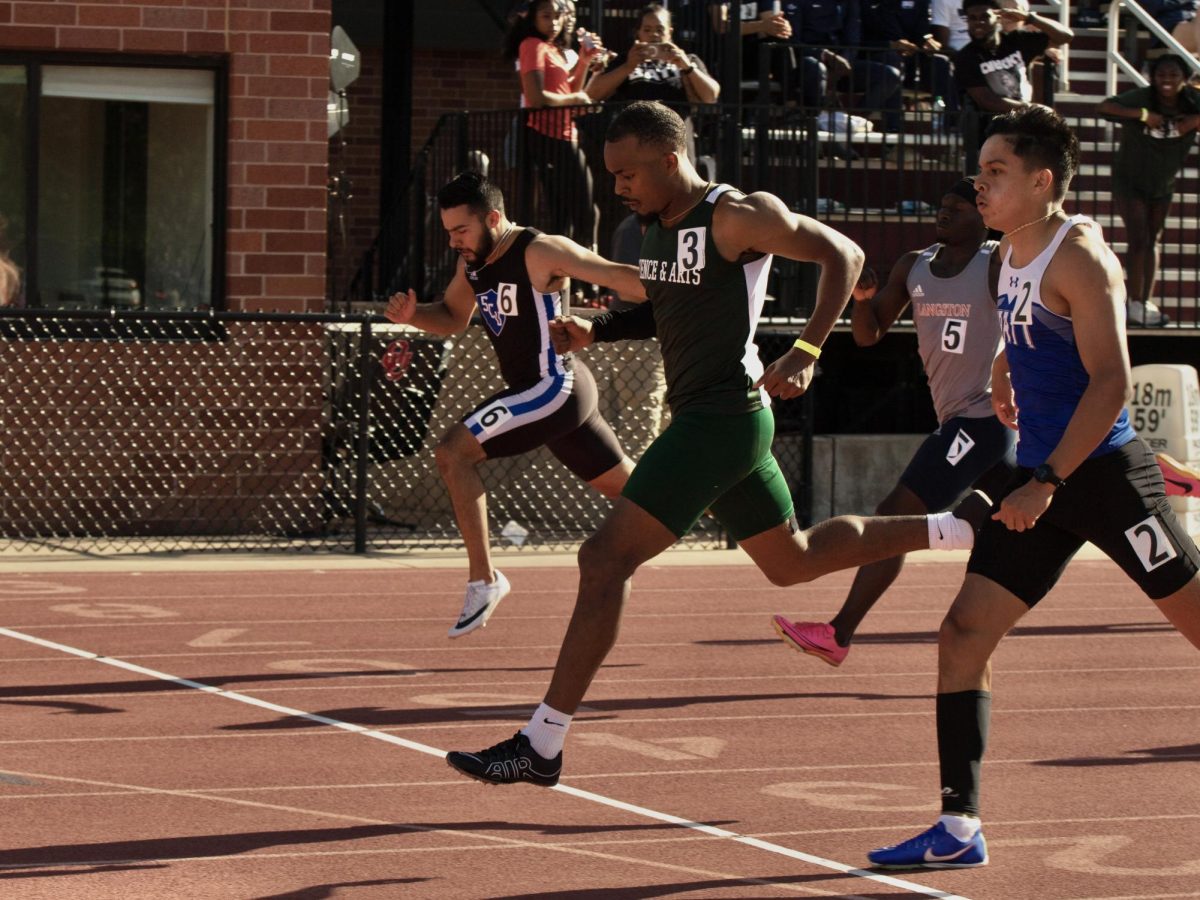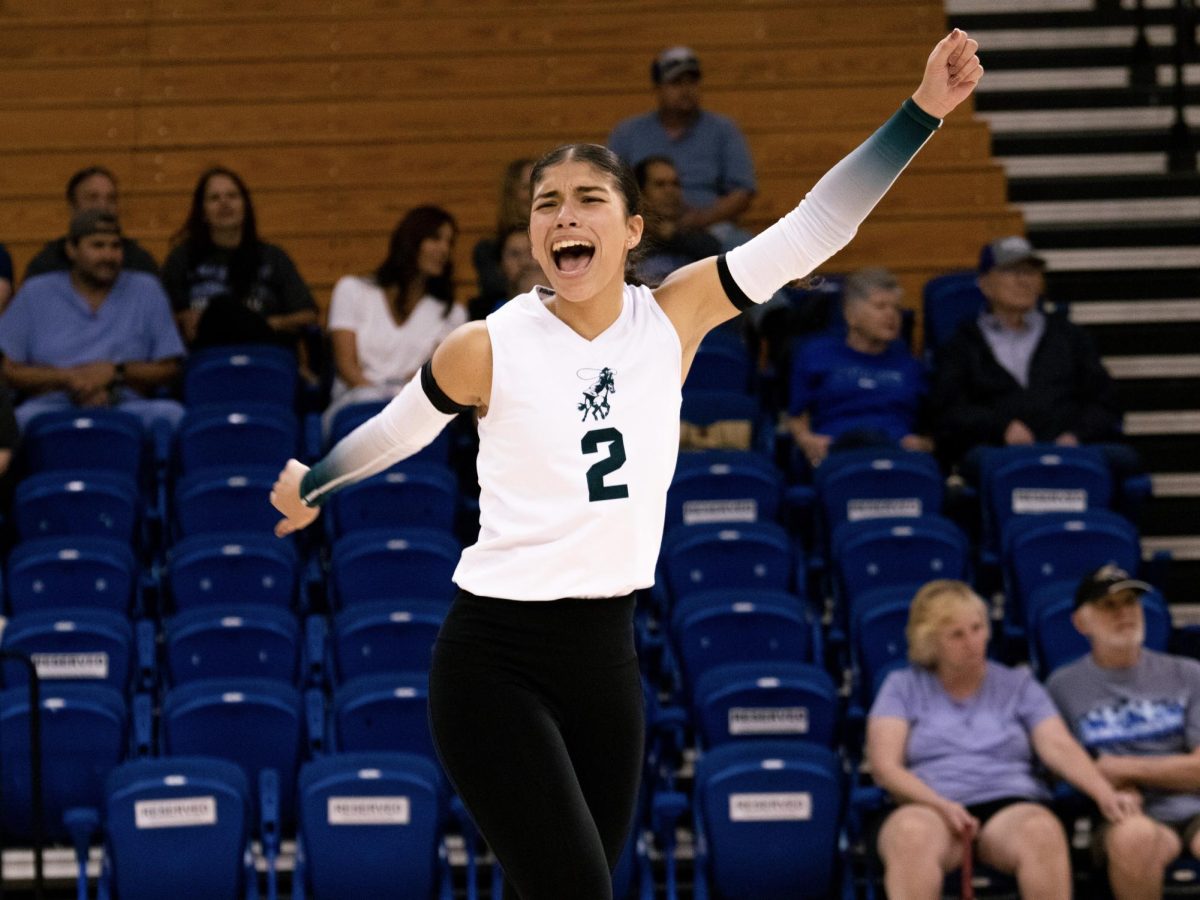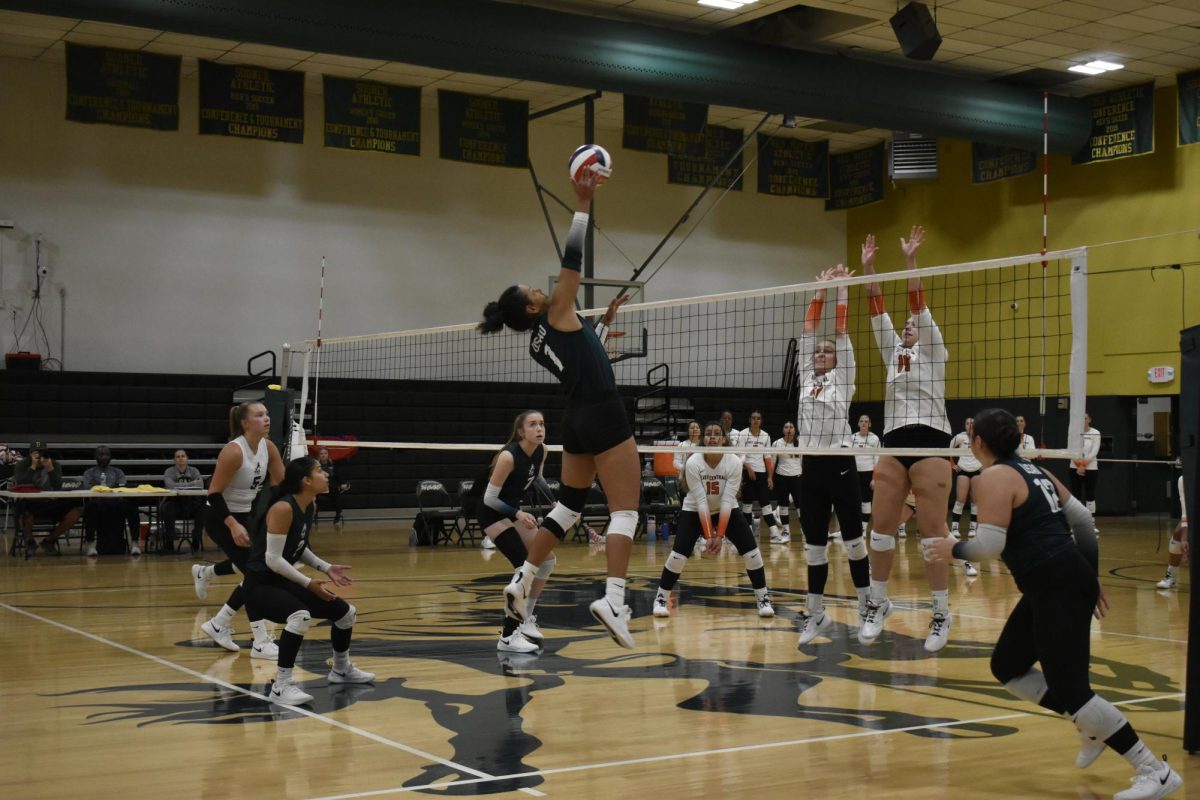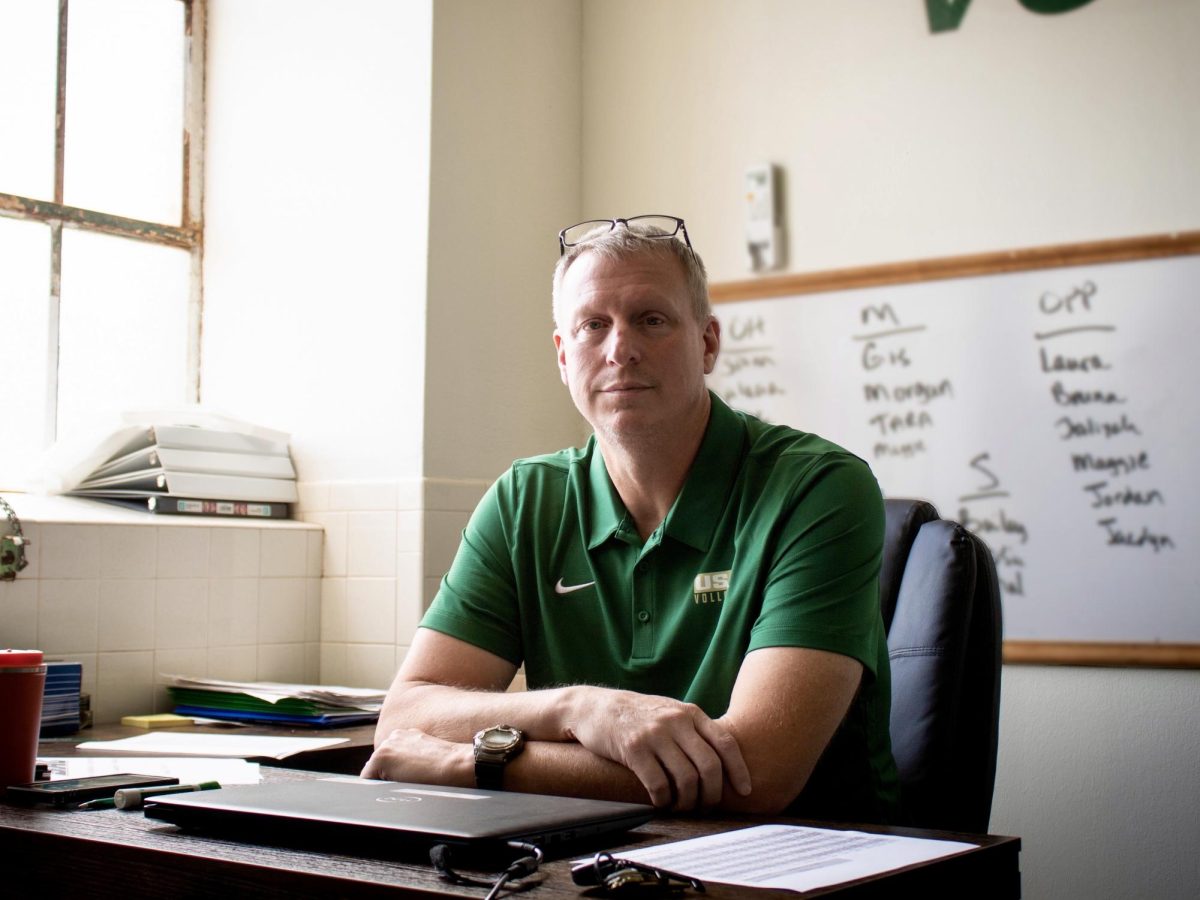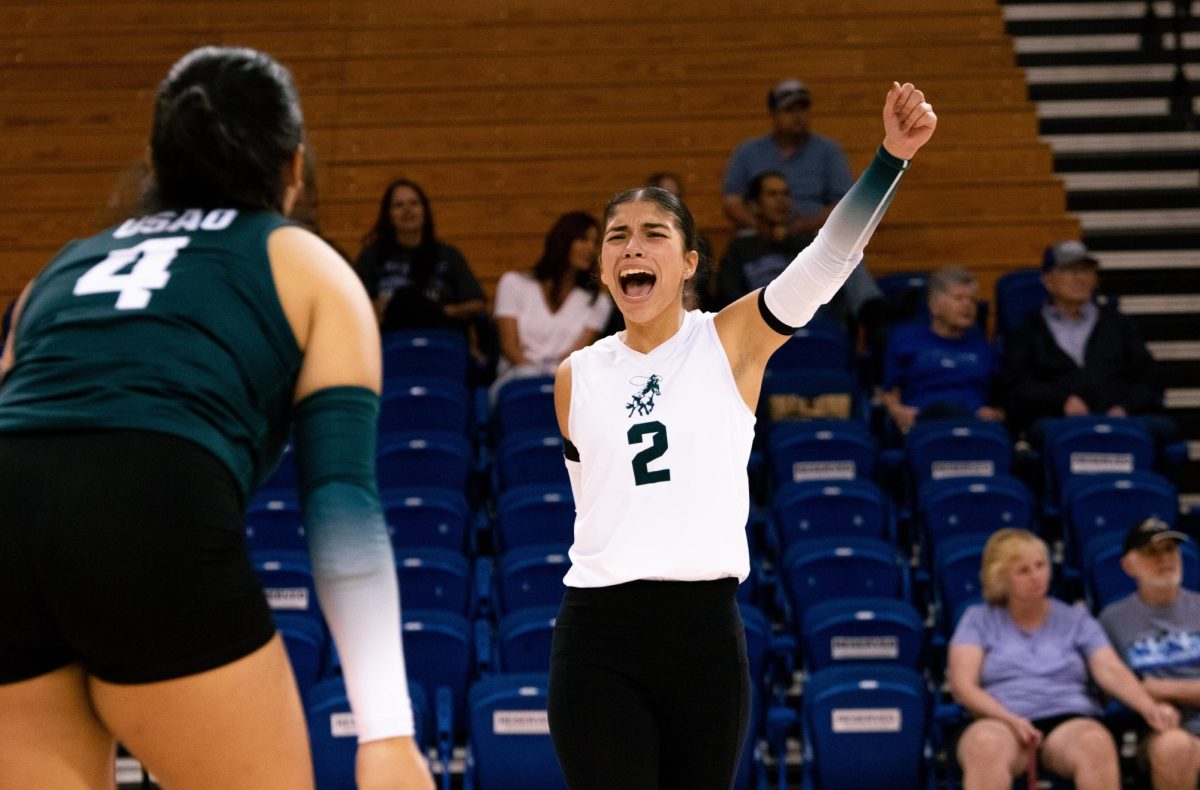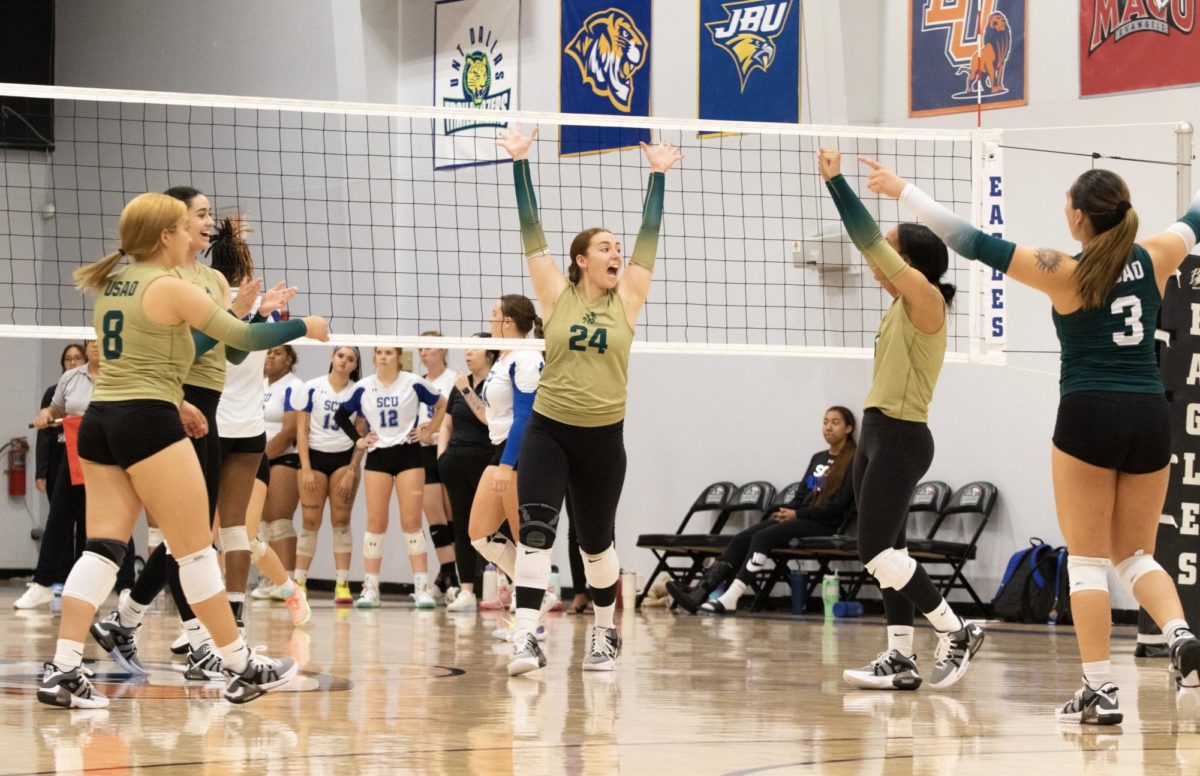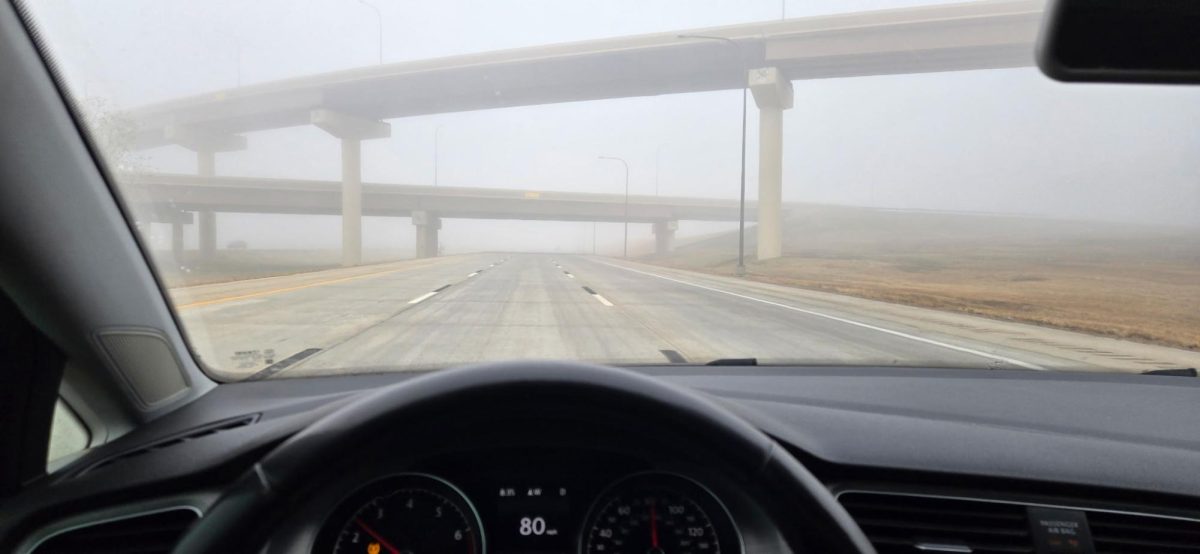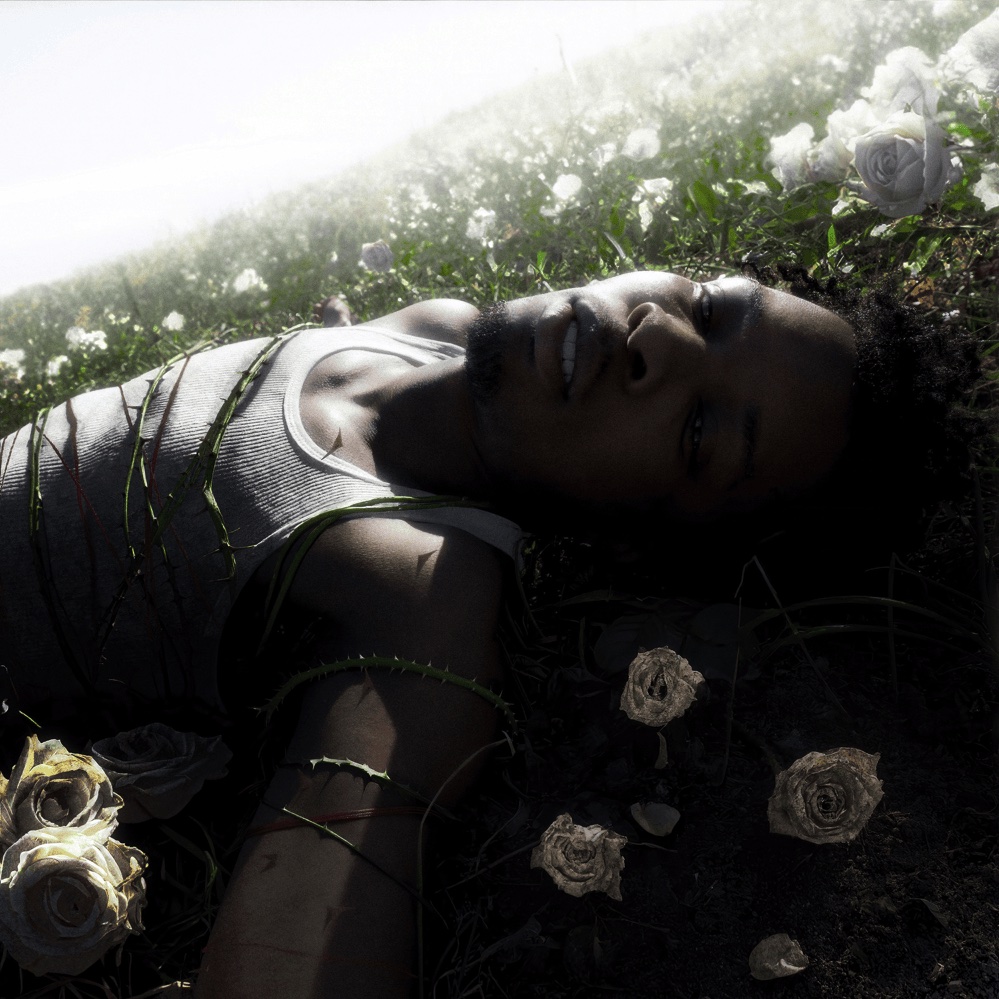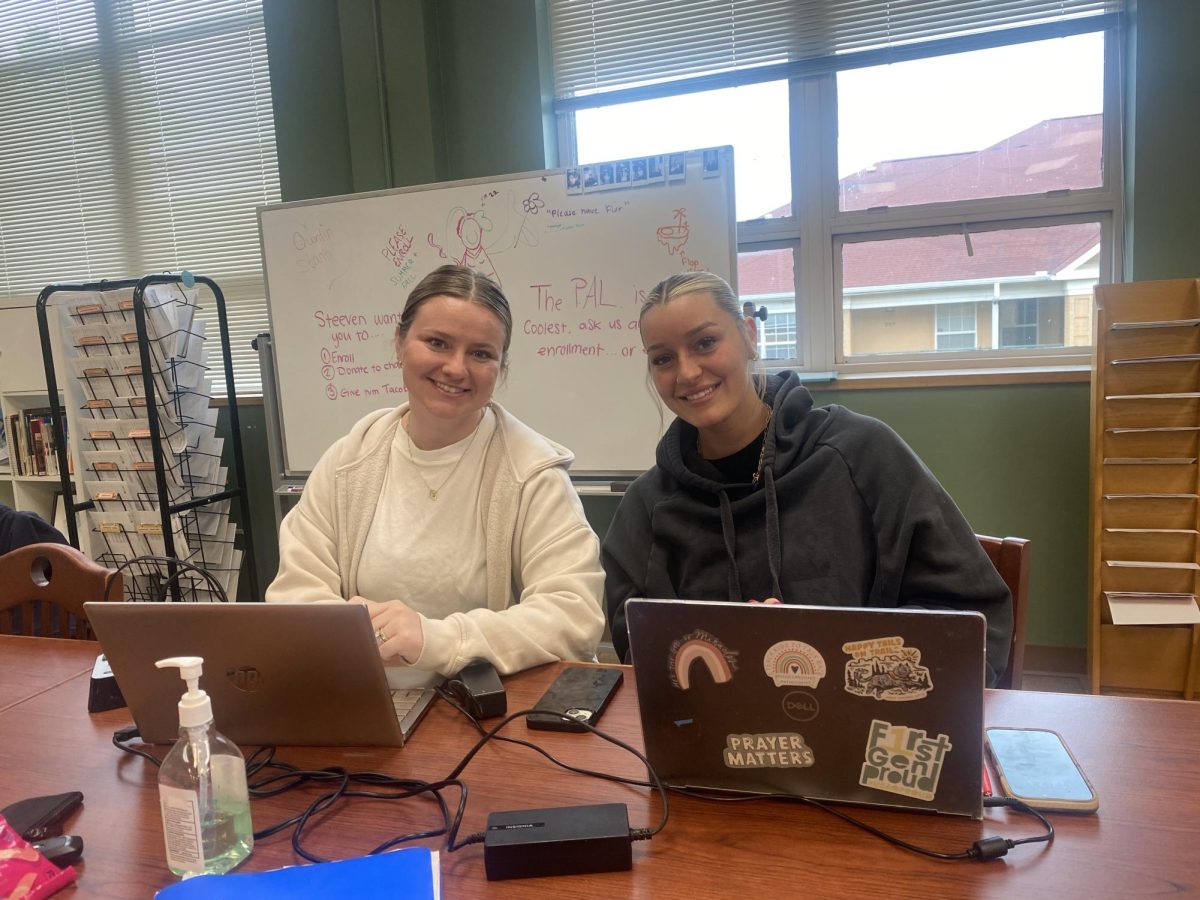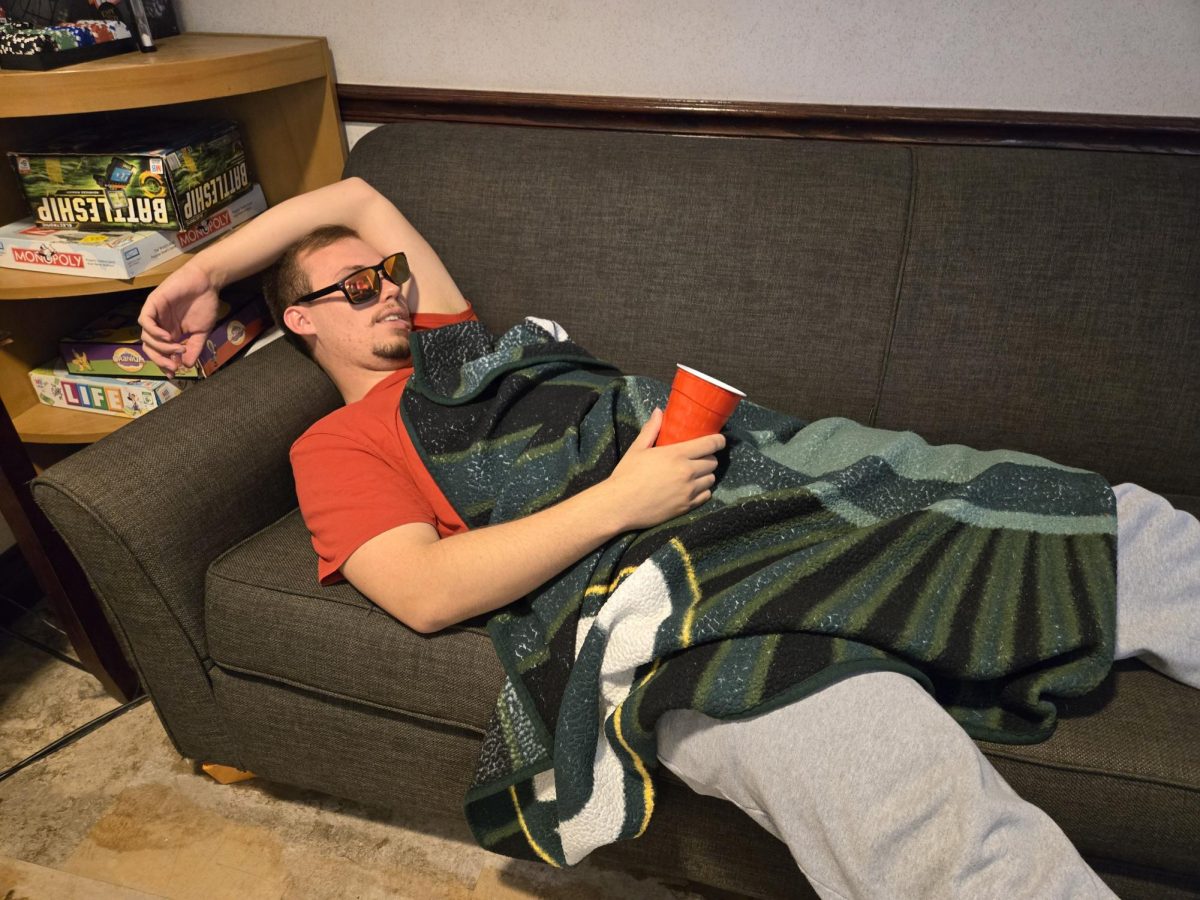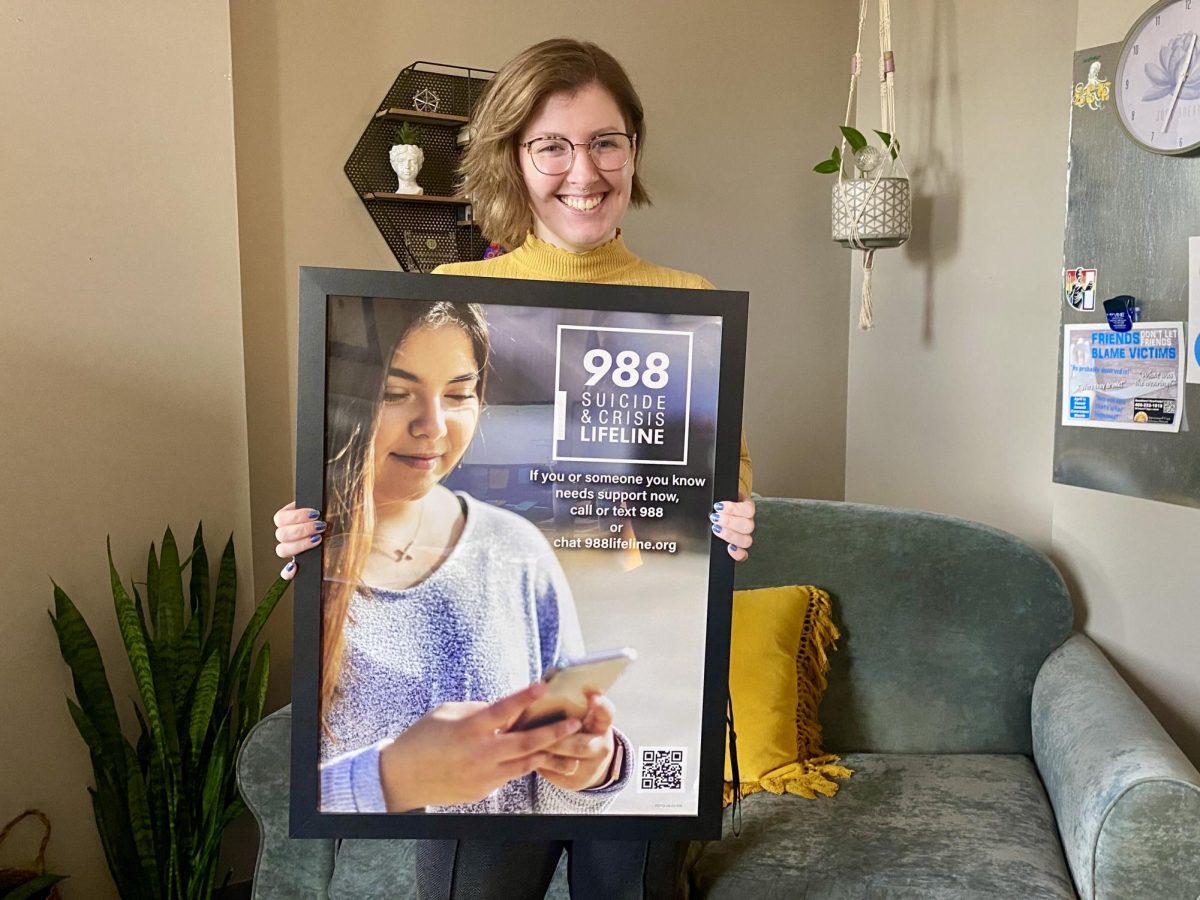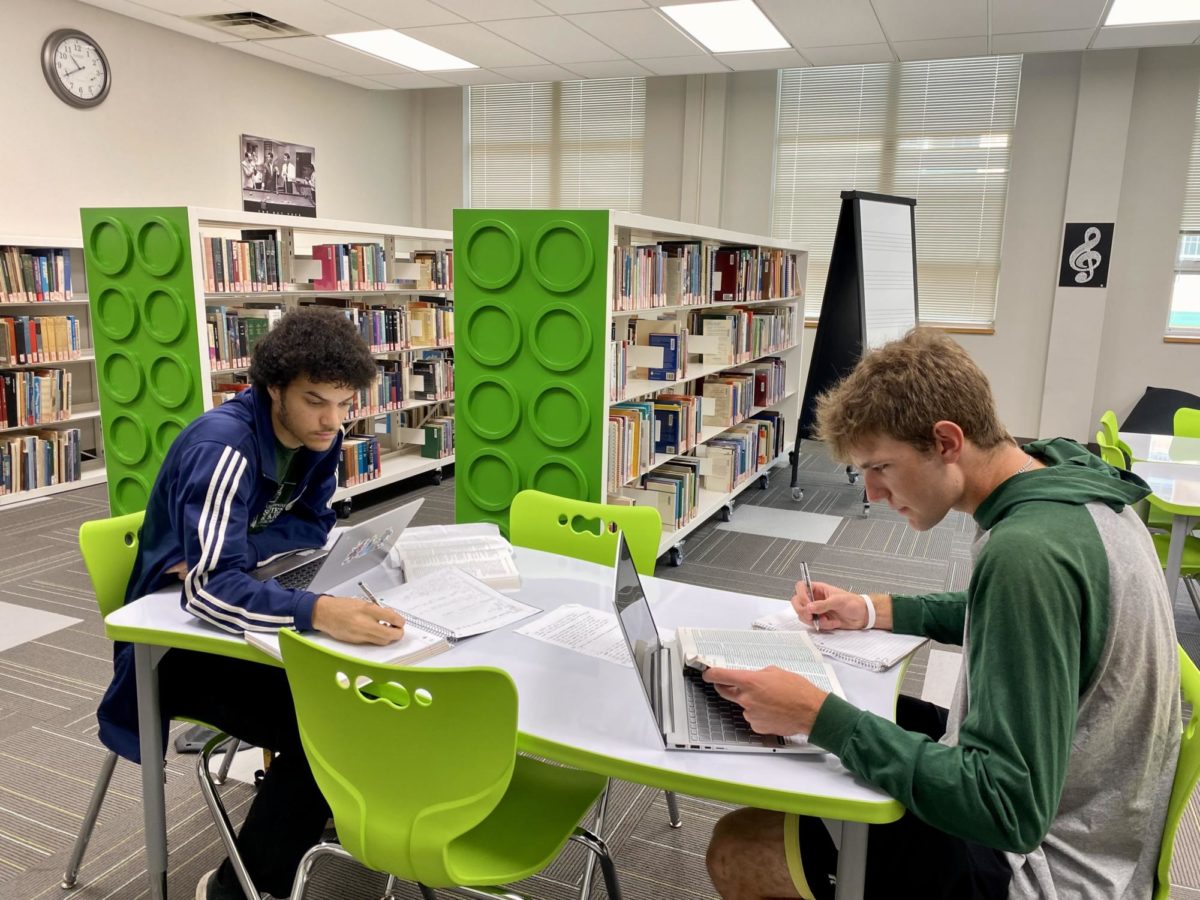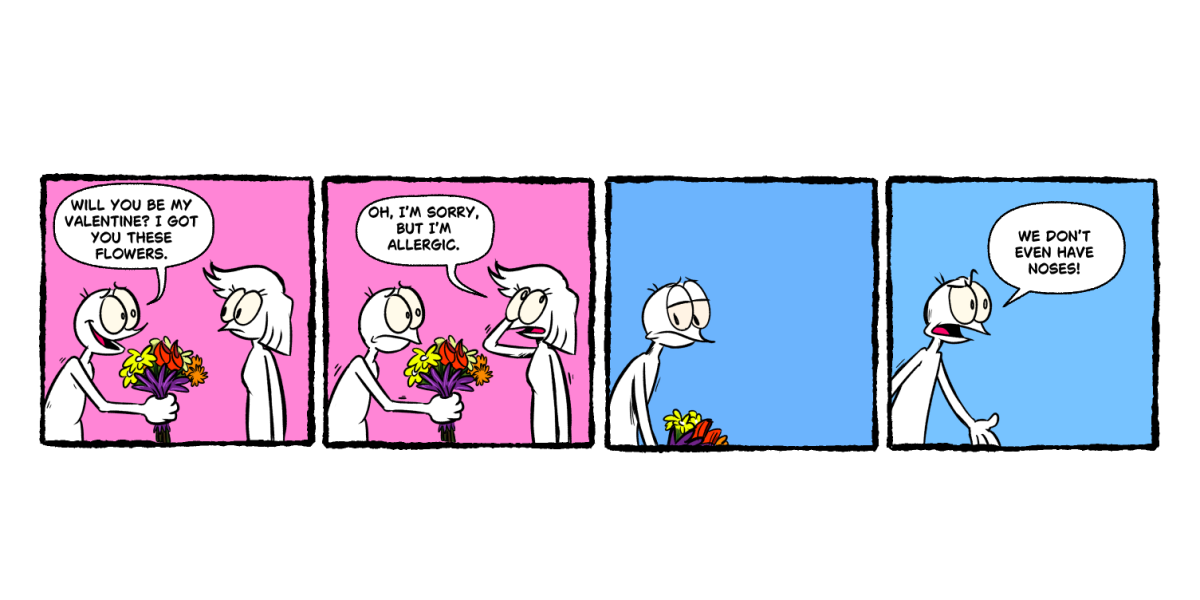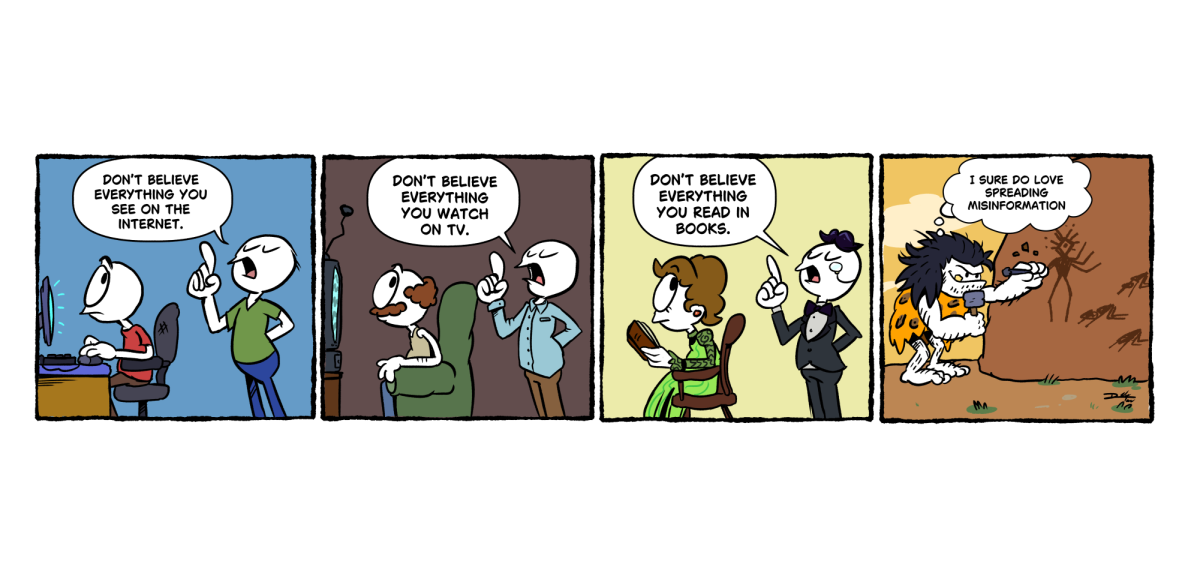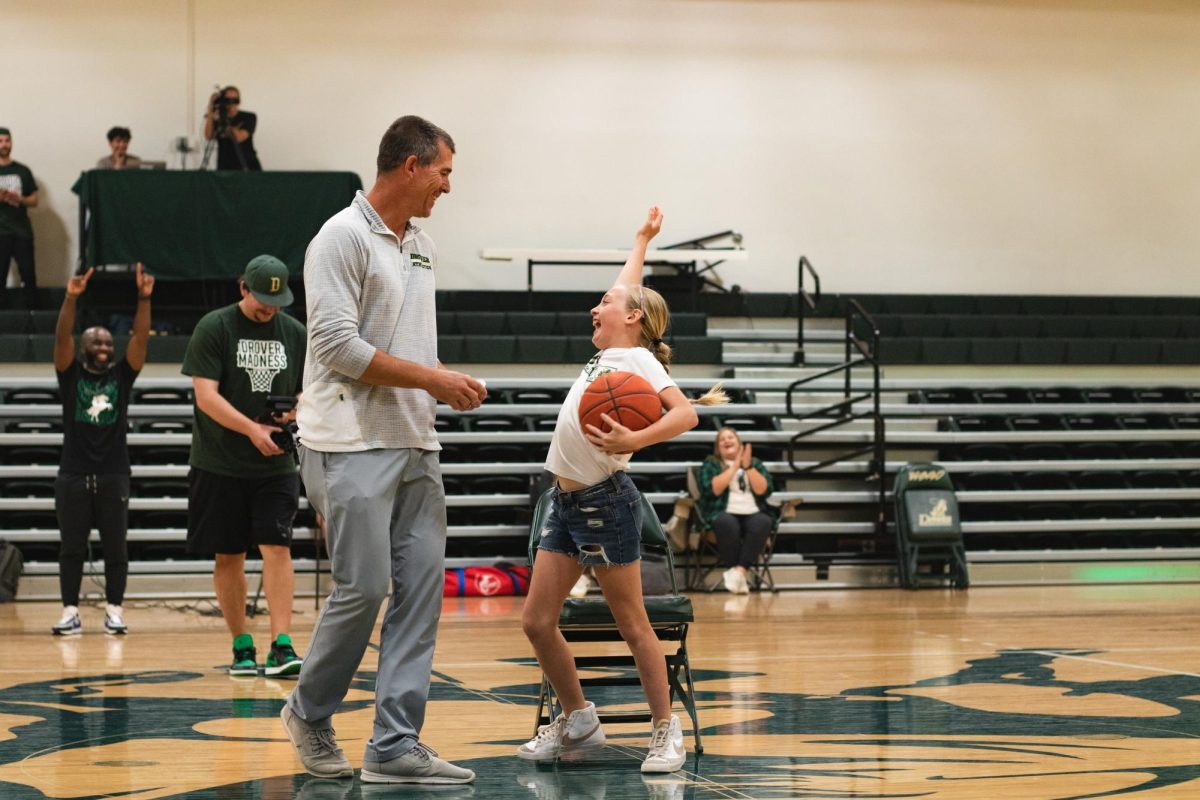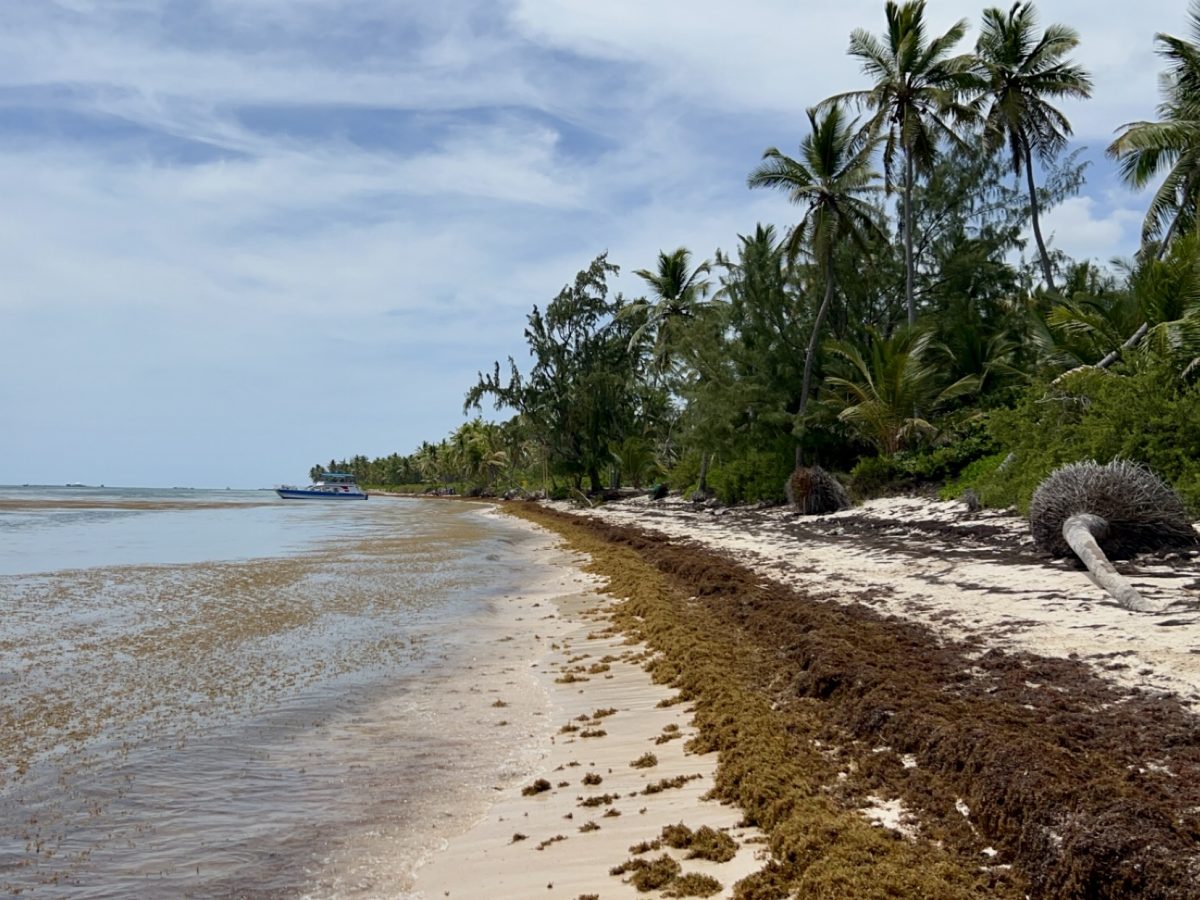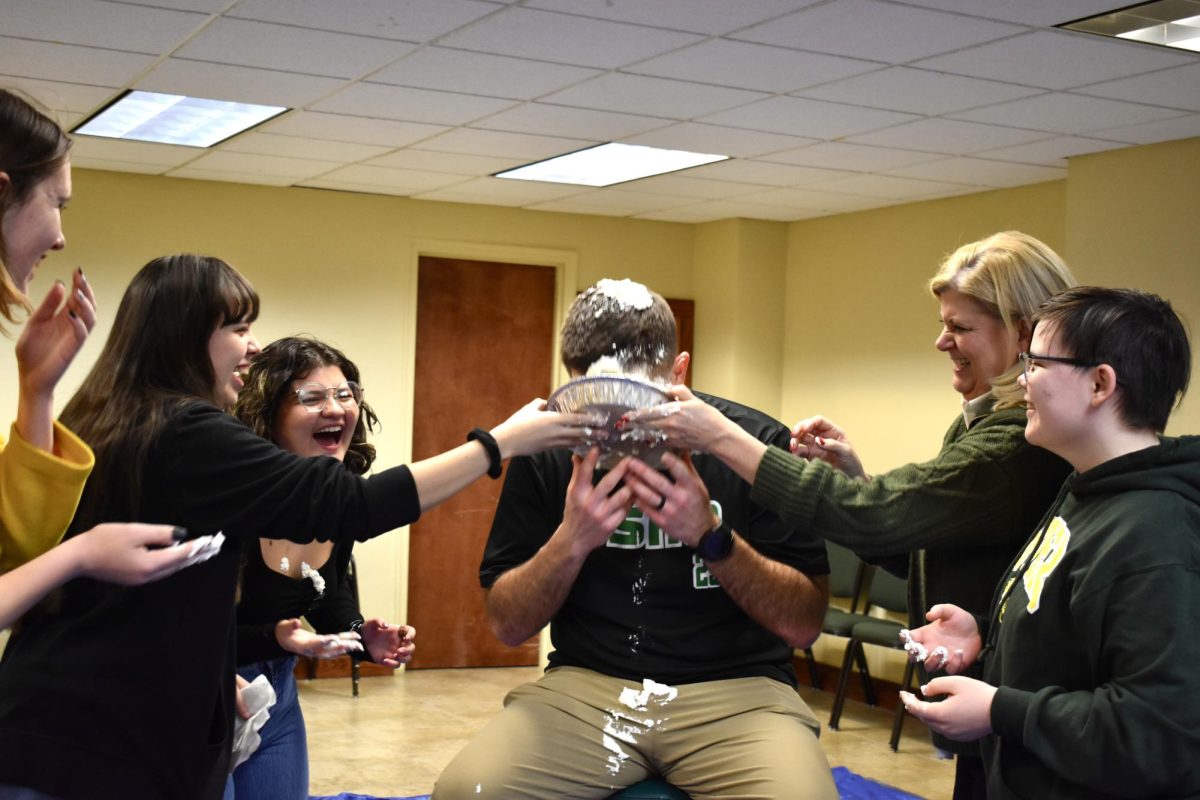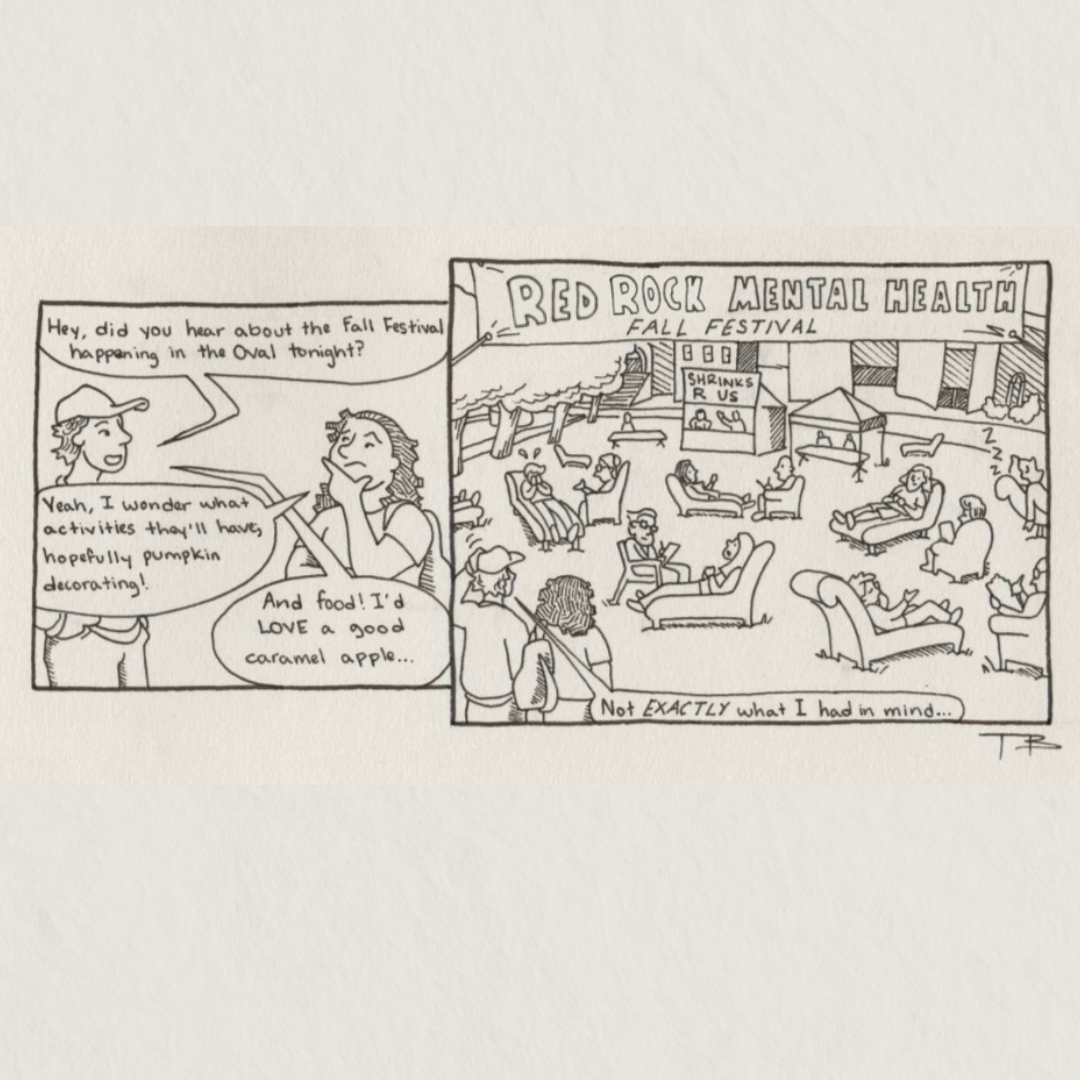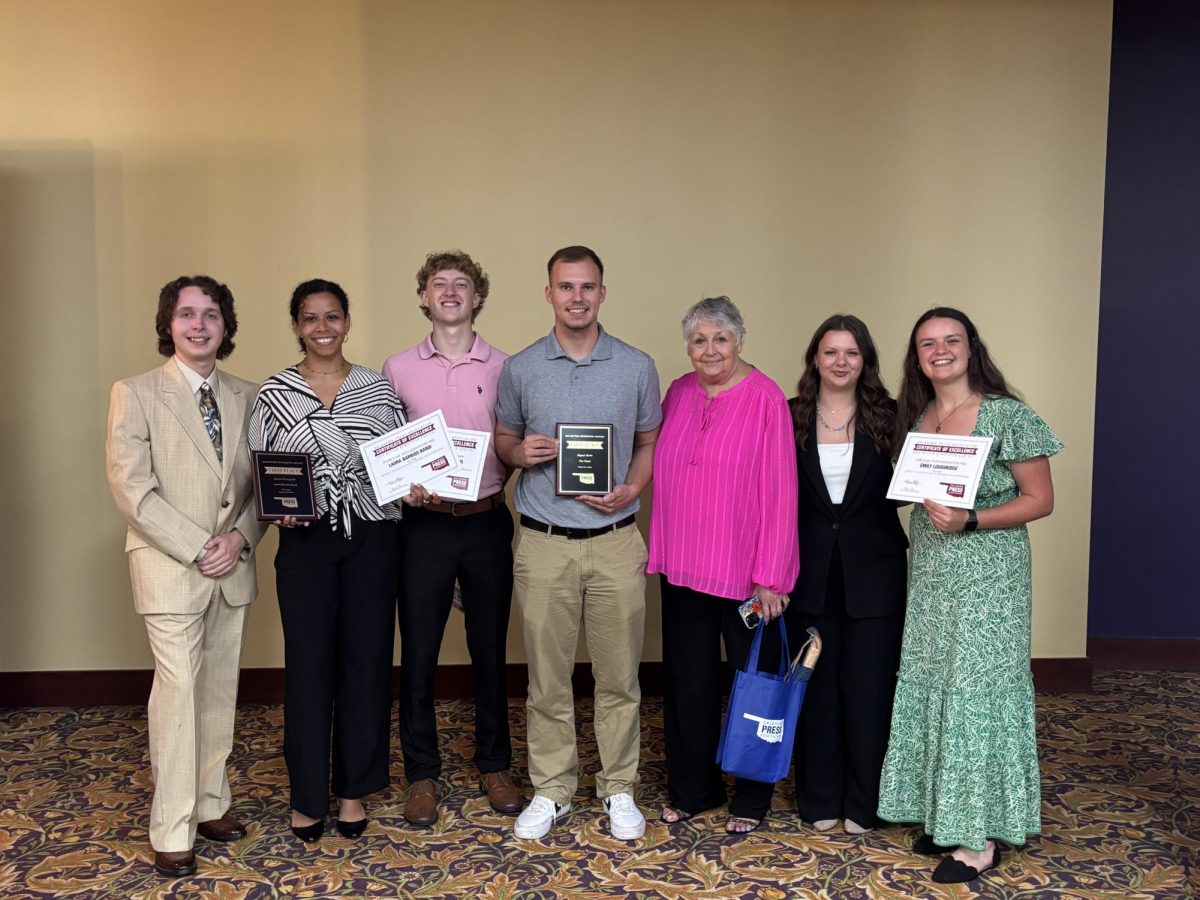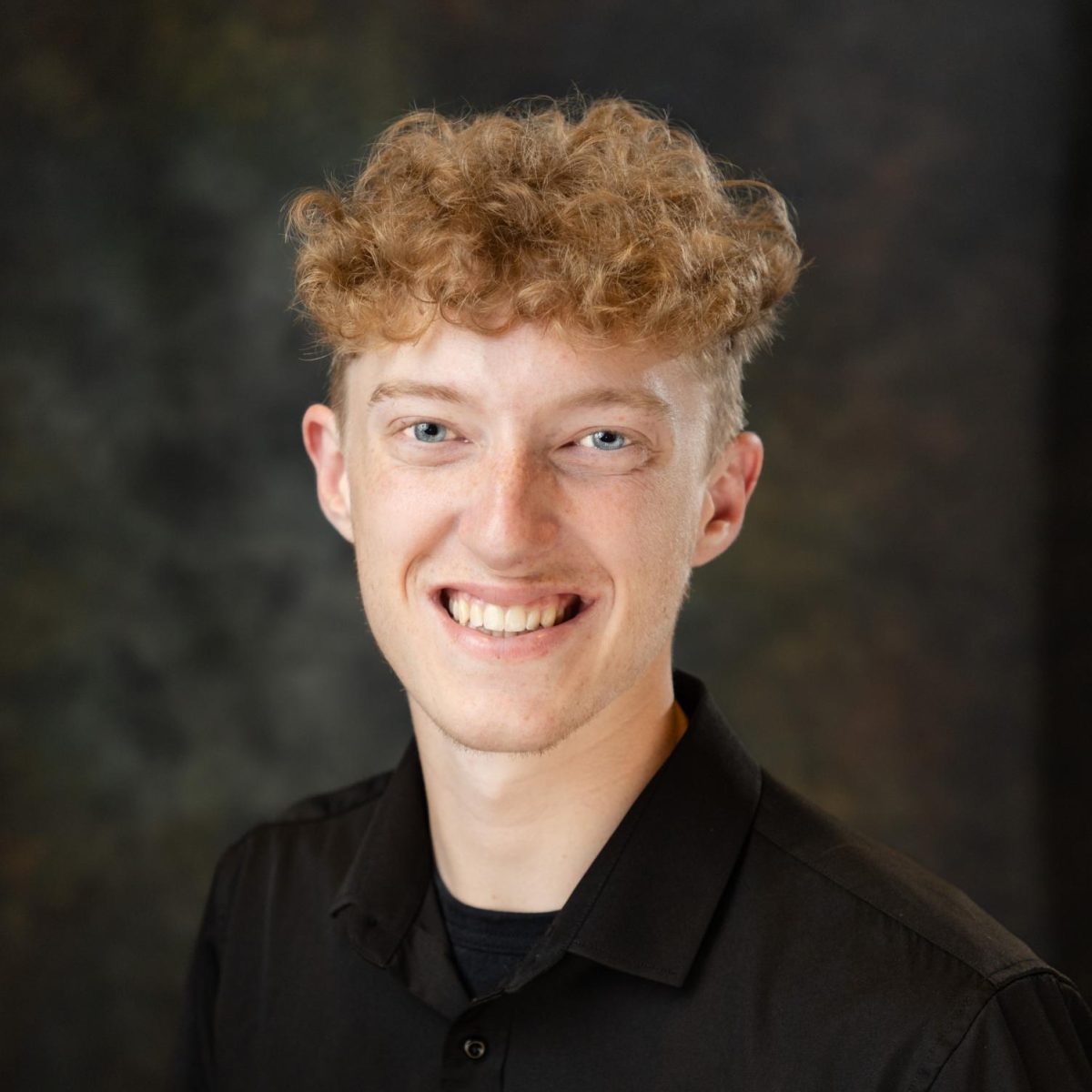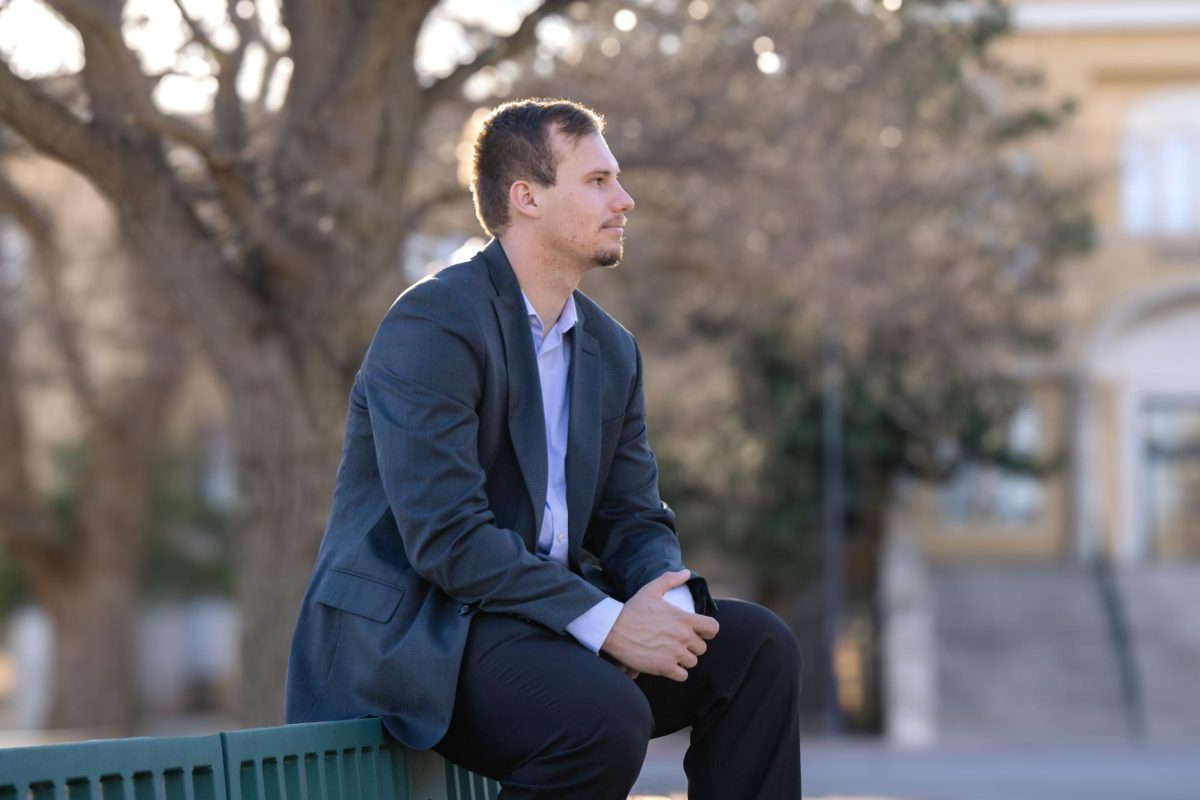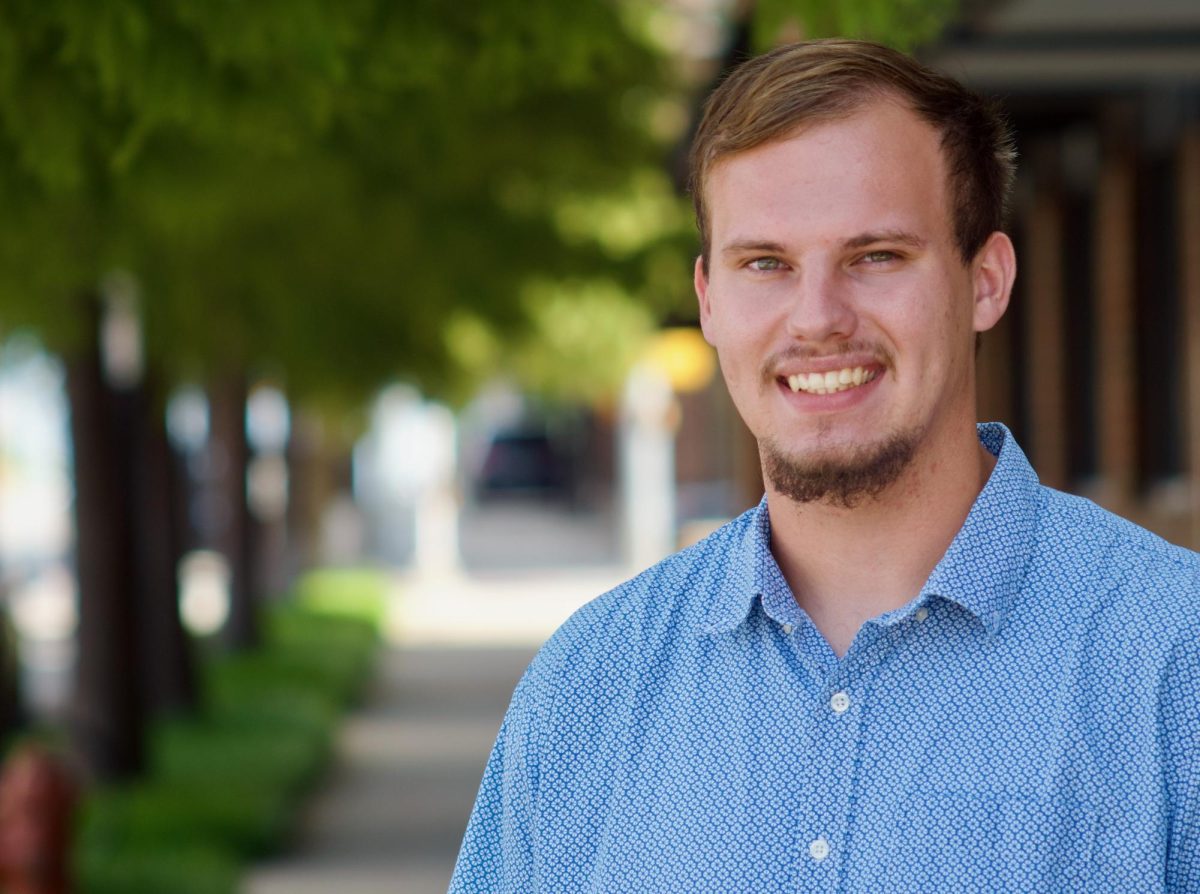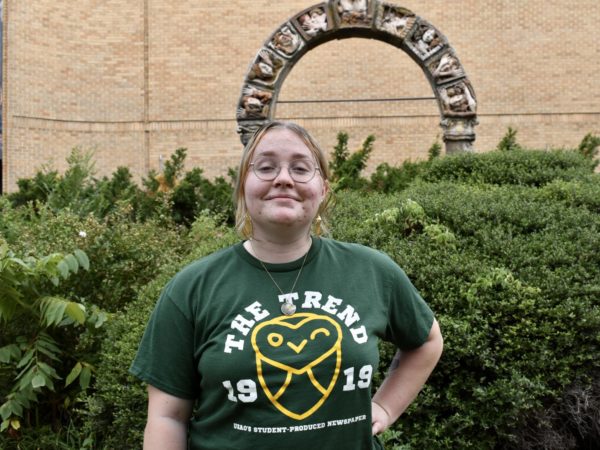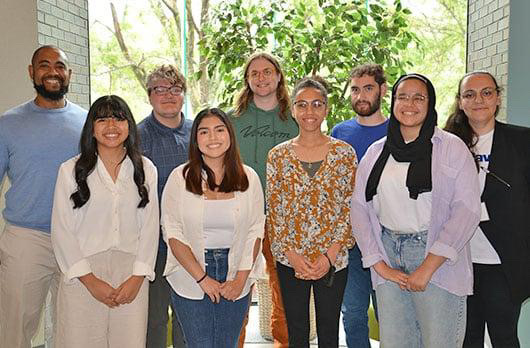
Many USAO students take a break from their studies to get experience in the real world. For a few science majors, including Devon Locke, a junior Environmental Science and Political Science double major, is one of the students who secured a research opportunity this summer.
As part of a four-year program, Locke works for TERC, a non-profit funded by National Science Foundation (NSF). As part of a hybrid program, the bulk of Locke’s work took place in Boston, Massachusetts, while the remaining work was in Oklahoma.
So, what exactly is Locke doing this summer? He is looking at Native American students in STEM, specifically earth and life sciences, and how their field of study may be related to their native values. Additionally, he is assessing how the institution itself is reacting to the student’s native values, and whether or not they are repressing them in favor of western values.
“I’m loving it. I’ve never really done anything like this before, and I’ve only ever done research at USAO, so it’s a completely new experience,” Locke said, when asked how the research was going so far.
For the scientific community, Locke said he hopes this will have a big impact on the way the institutions around the United States function. If these institutions were to incorporate these native values into their programs, it will not only encourage Native American students to go into higher education more often but will strengthen the institution as whole by providing new, differing perspectives.
As for the general public, Locke believes that this study will be affirming for people who are Native American like himself.
“Native Americans are like 3% of the United States population, and it’s not that often that you get research that is specifically looking at them and highlighting their perspectives,” Locke said.
At the end of this ten-week program, Locke will give a presentation in Boston to the company to prove that his information is worth looking into. Additionally, he applied to AISES, American Indian Science and Engineering Society, and SEEDS, Science Educators for Equity Diversity and Social Justice, which are two national conferences set to take place within the next six months. If luck is on his side, he will be presenting his findings at those conferences very soon.
Bea Bourland is a second-year Biology and Environmental Science major at the University of Science and Arts of Oklahoma.


